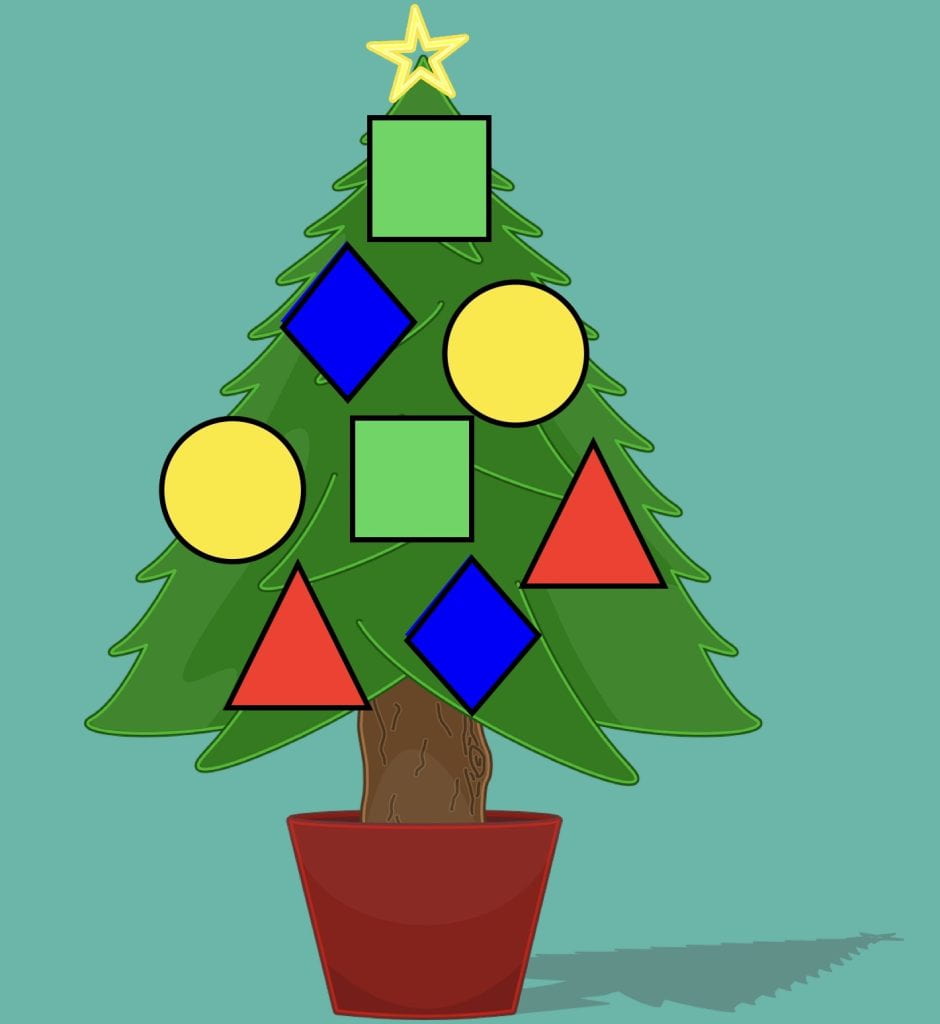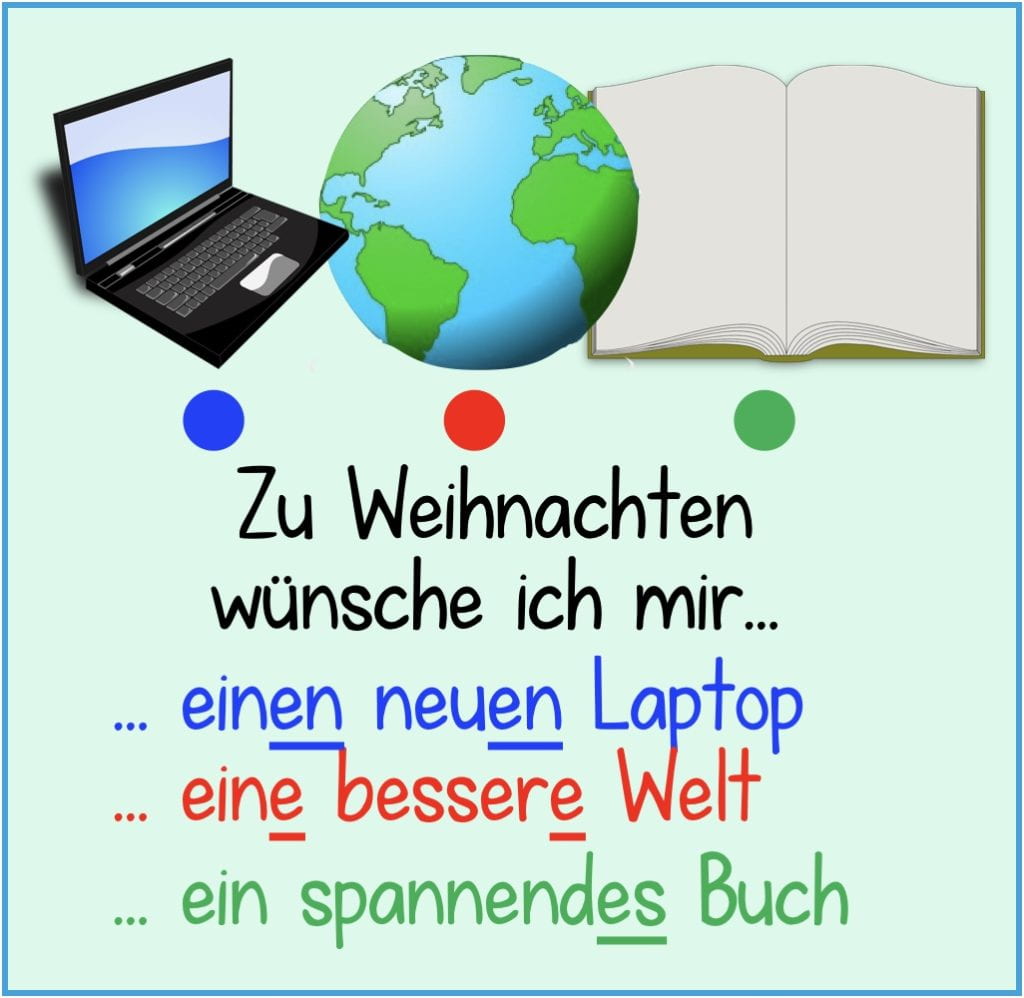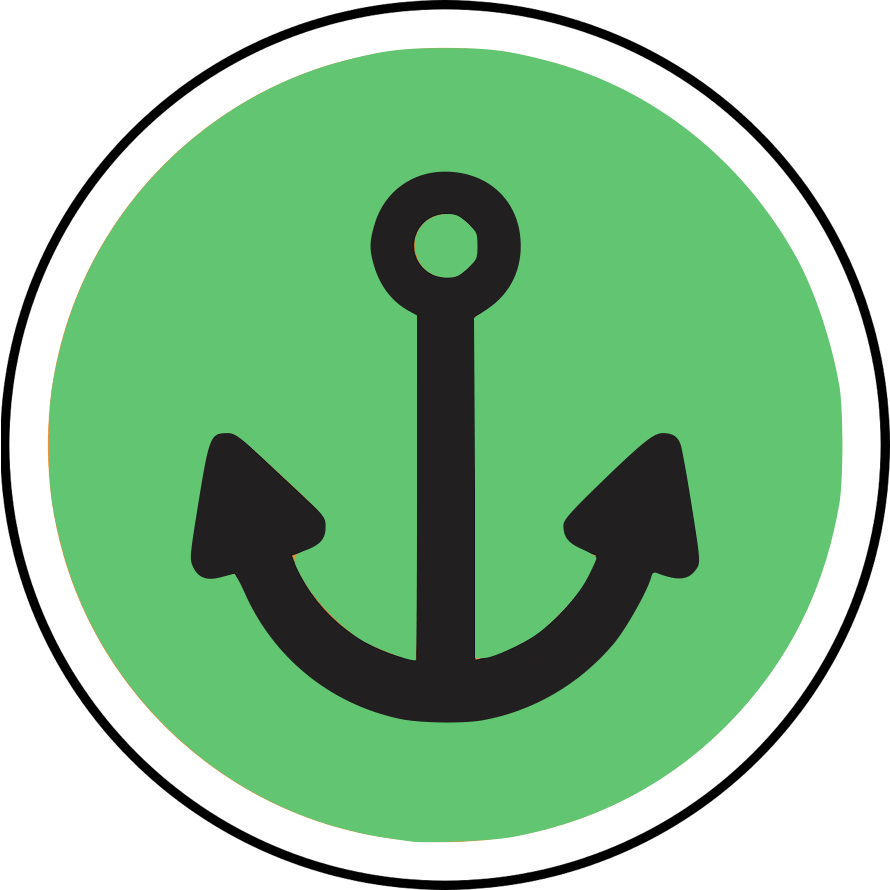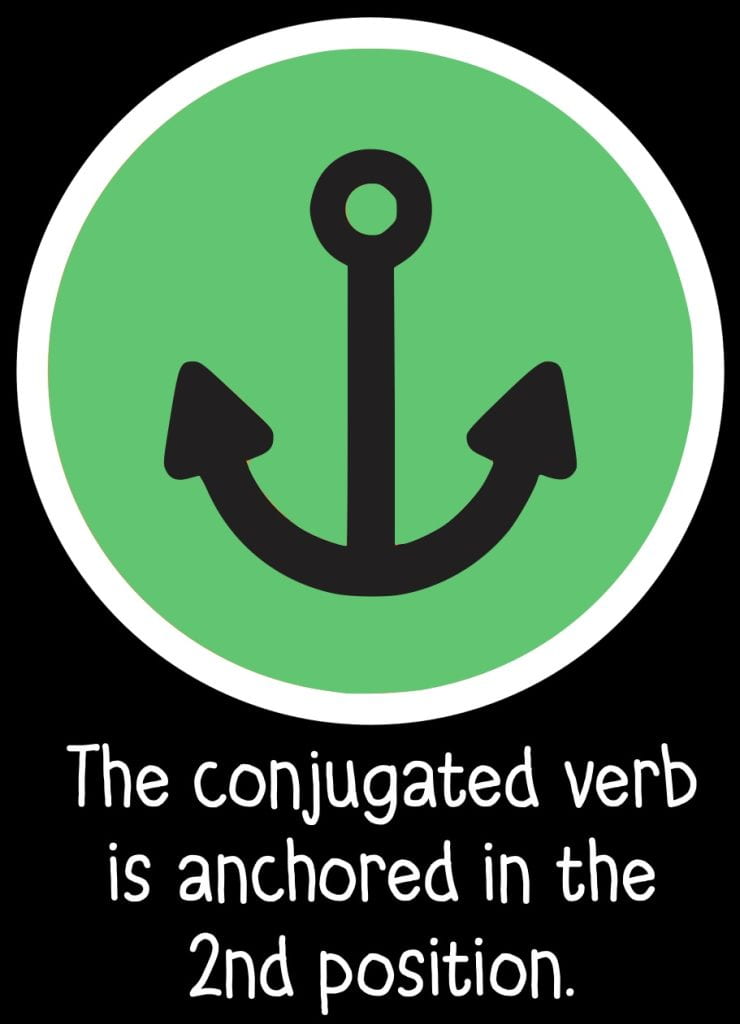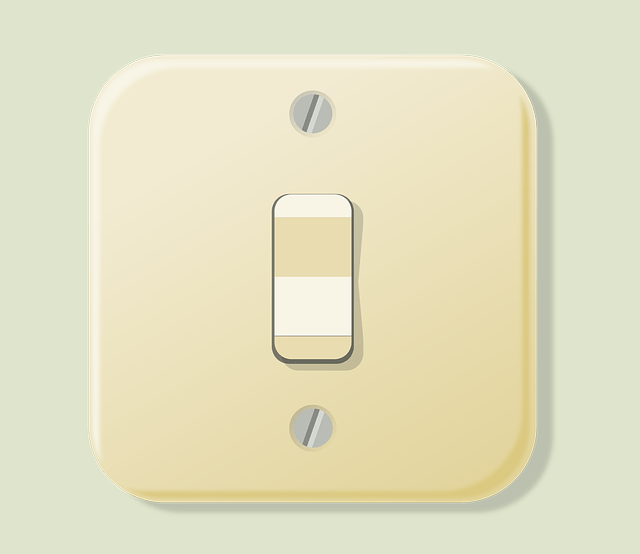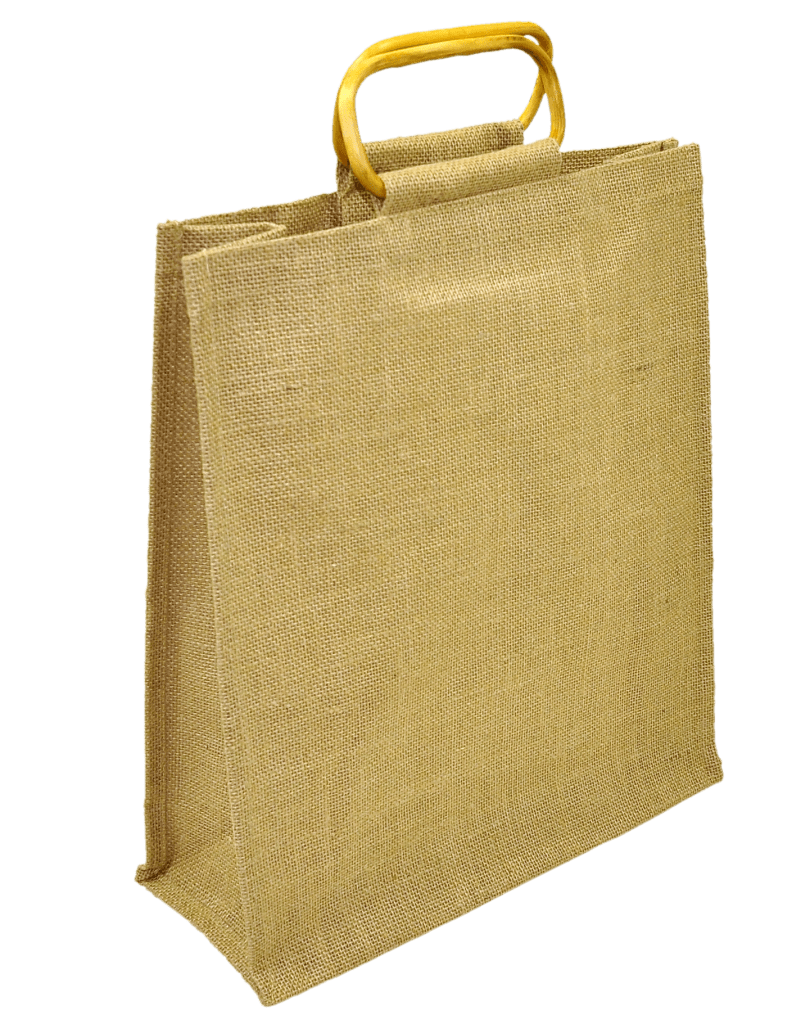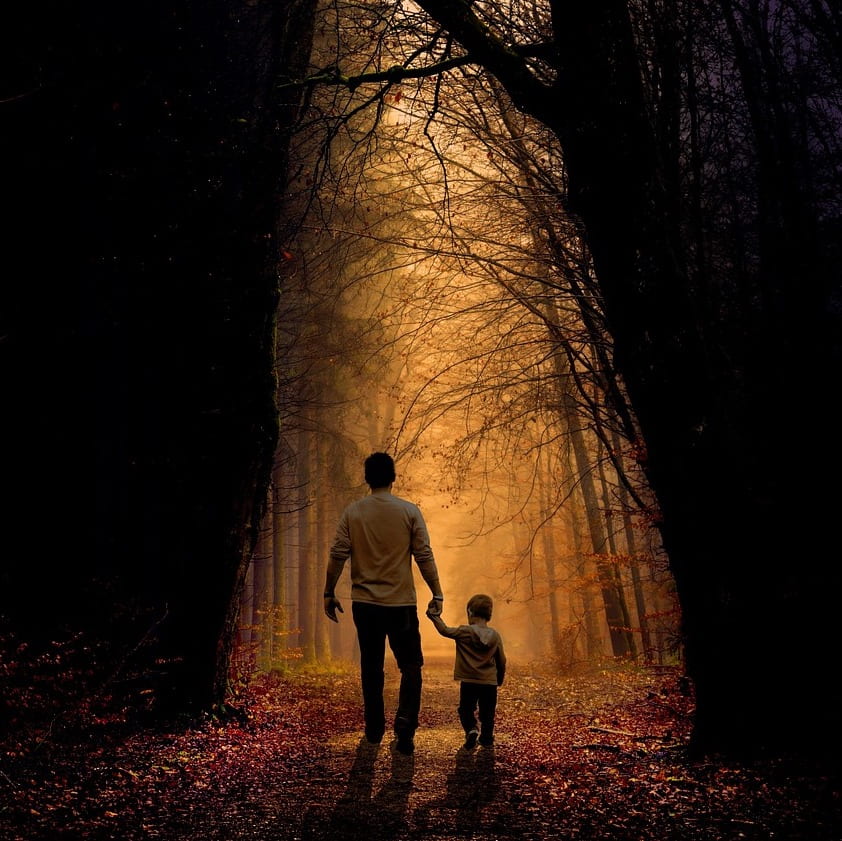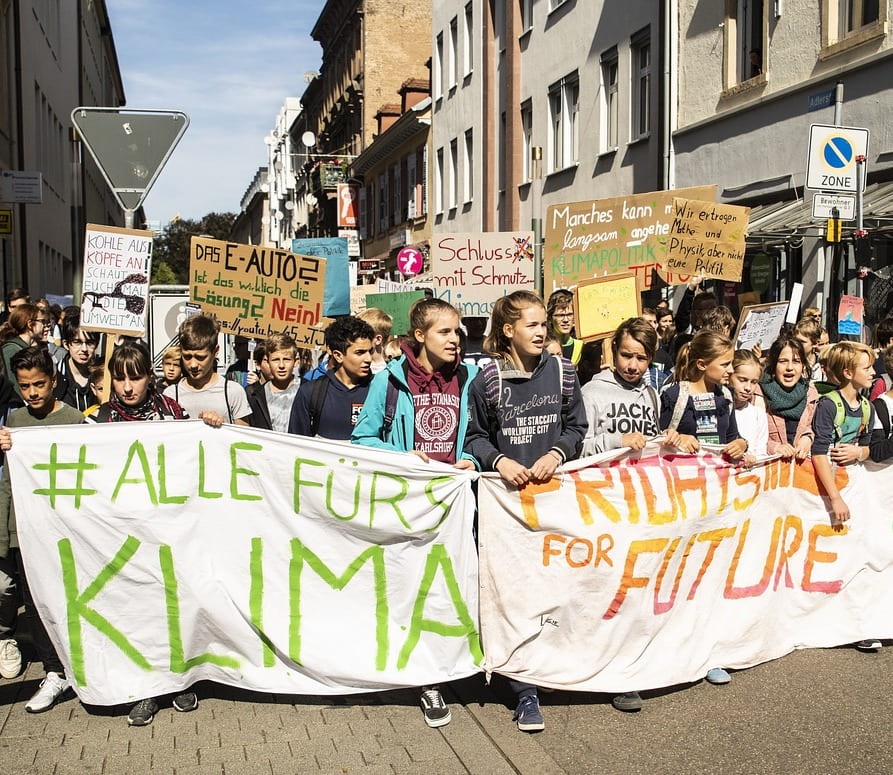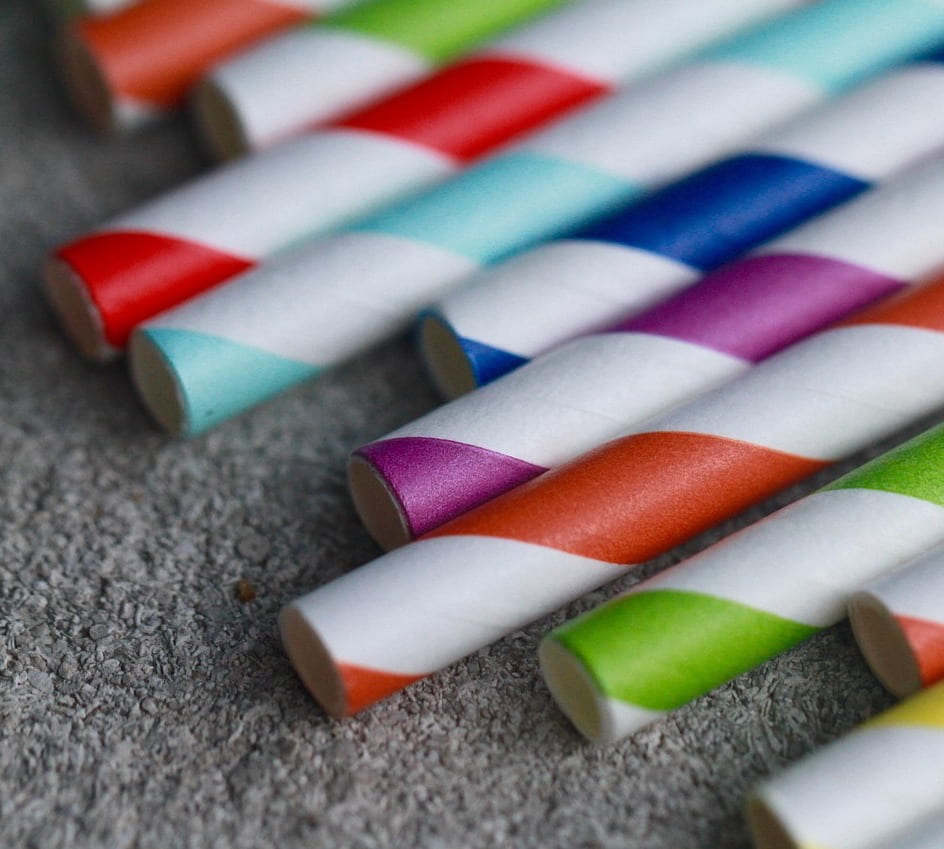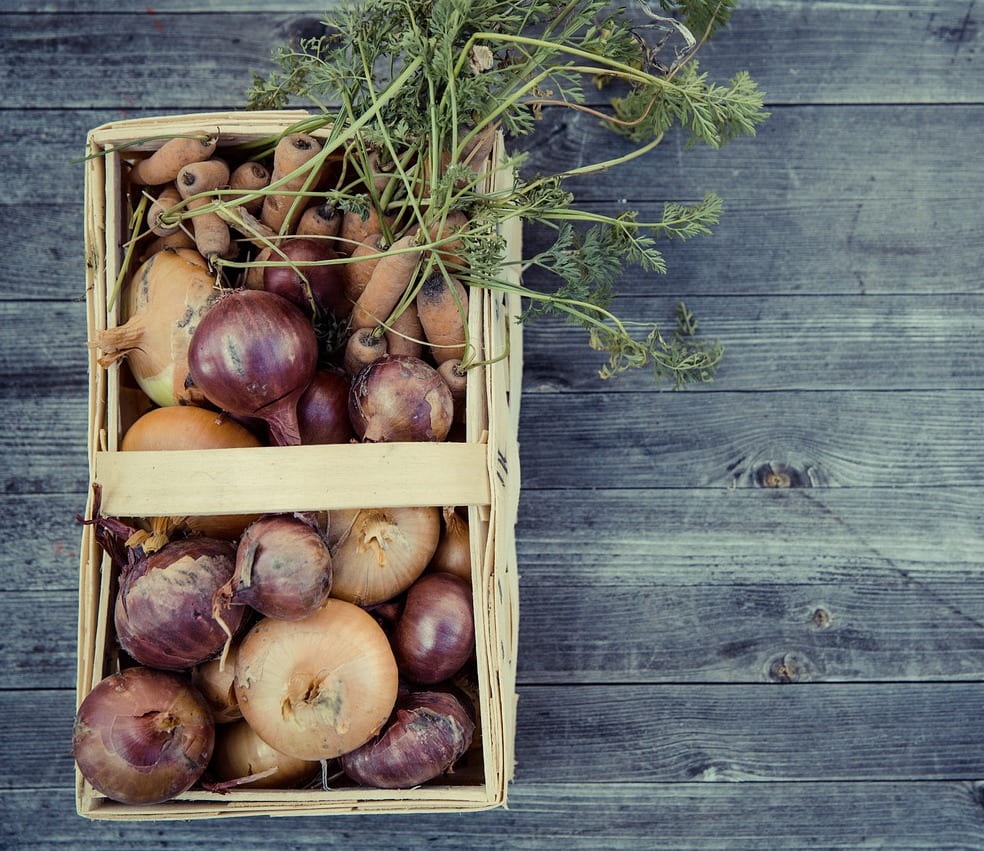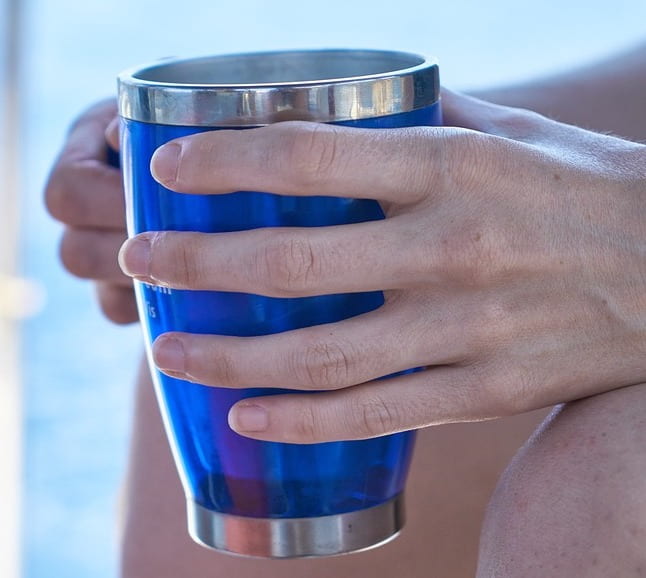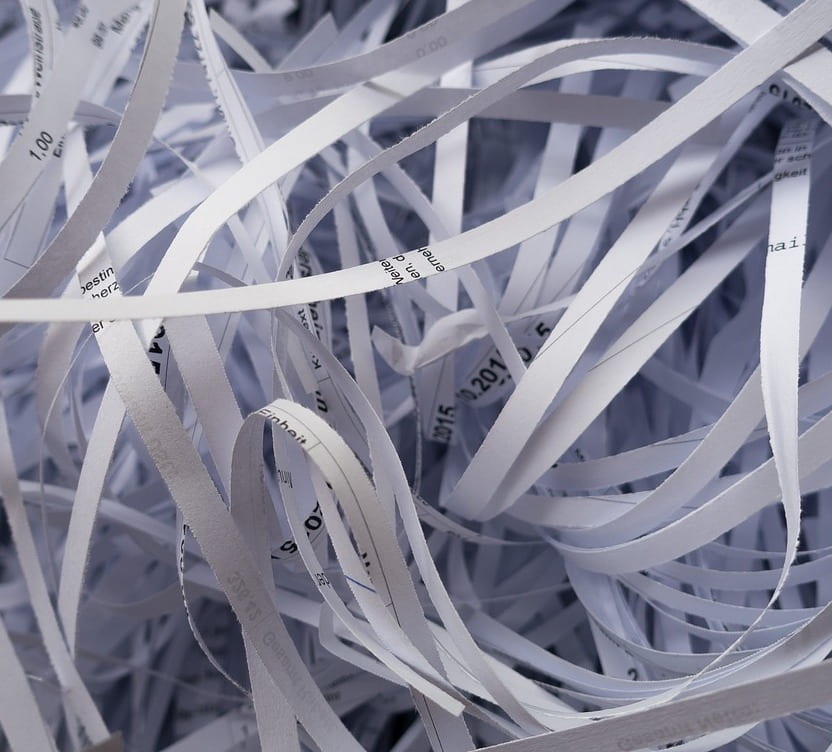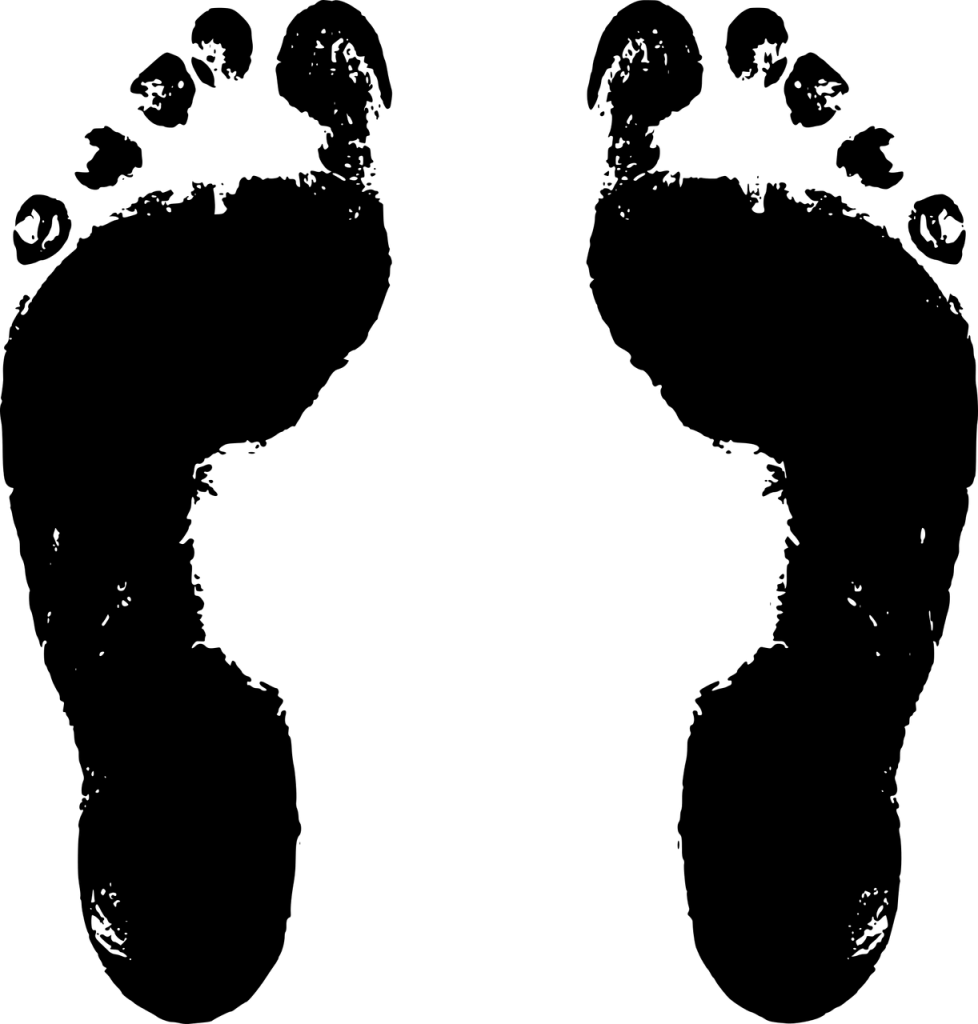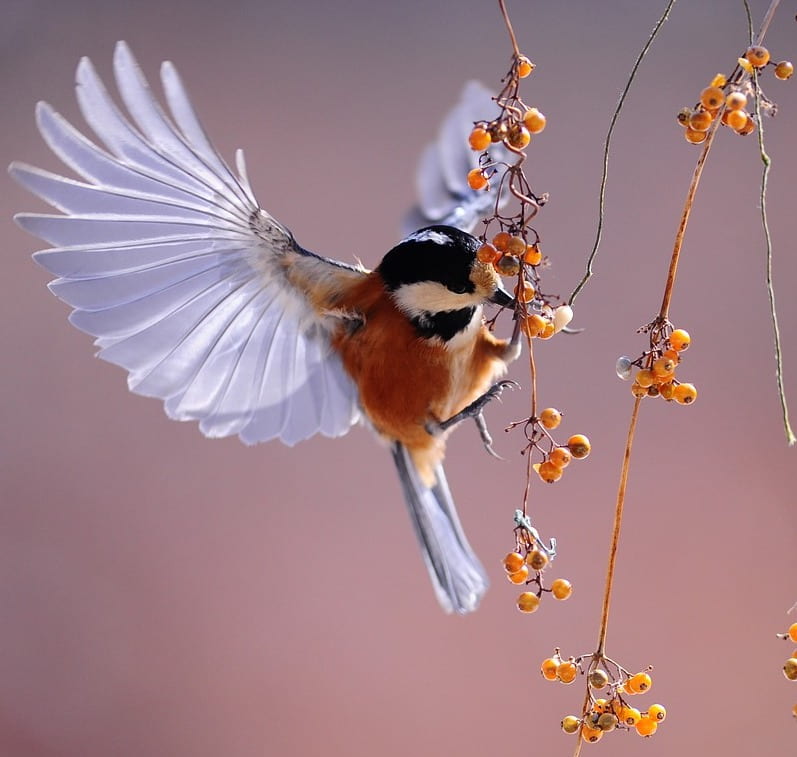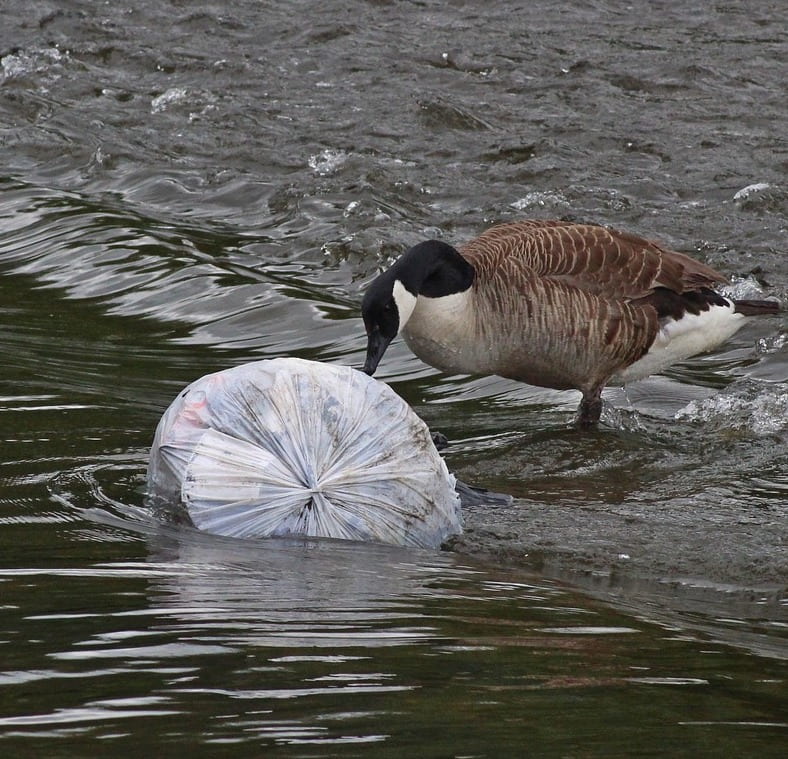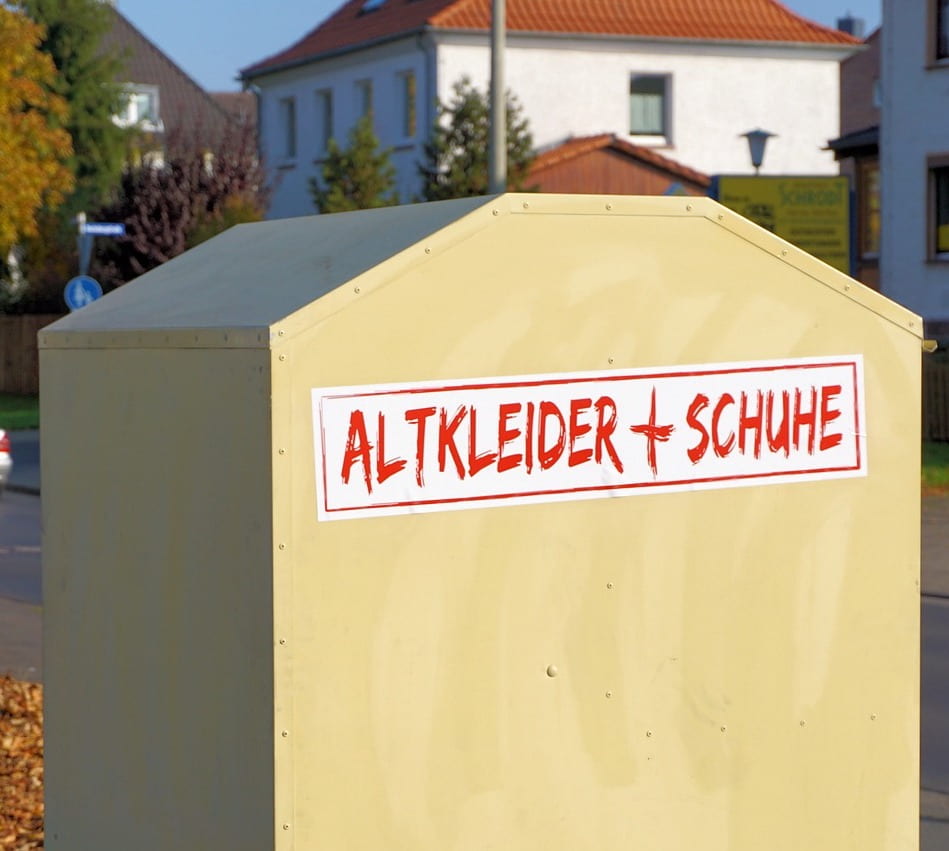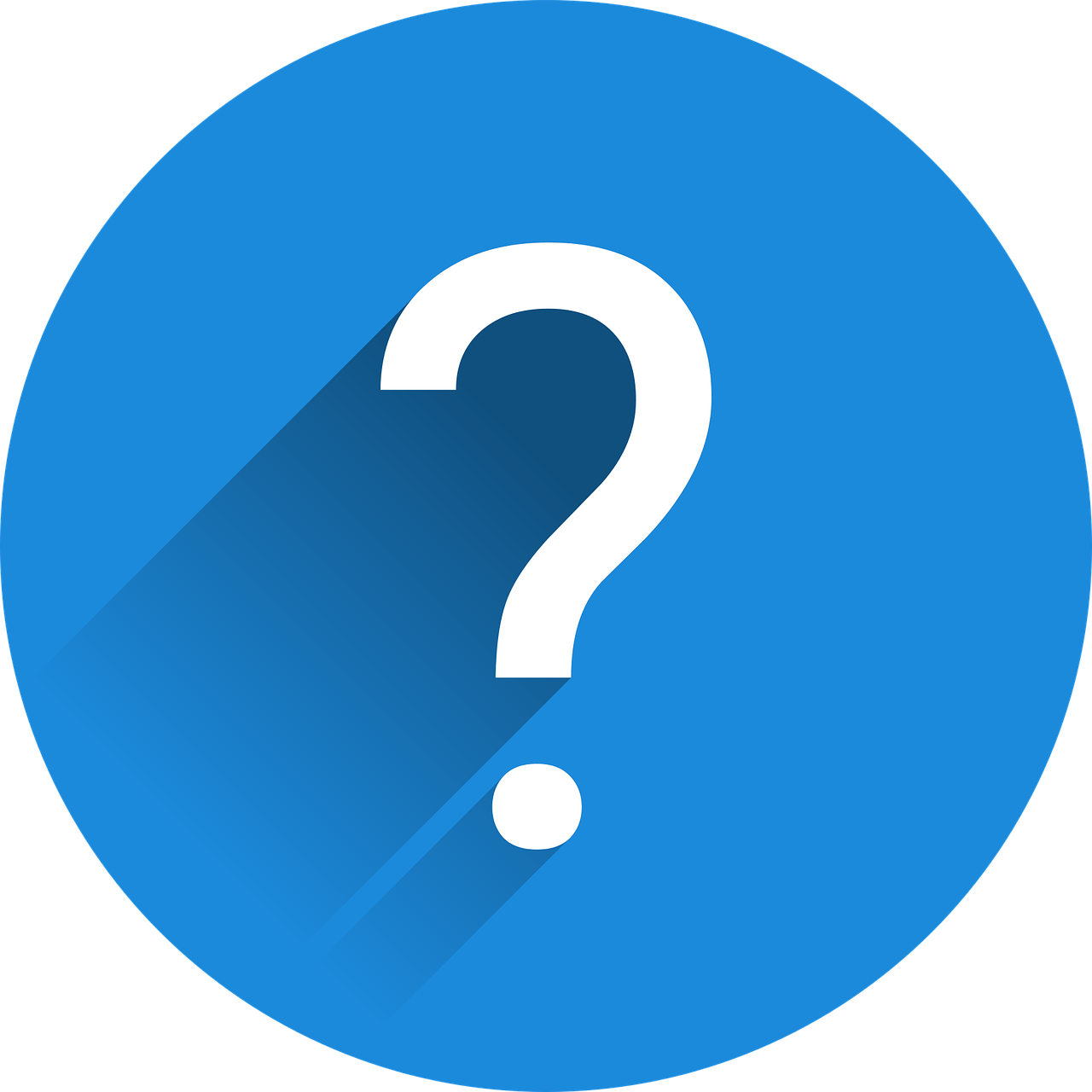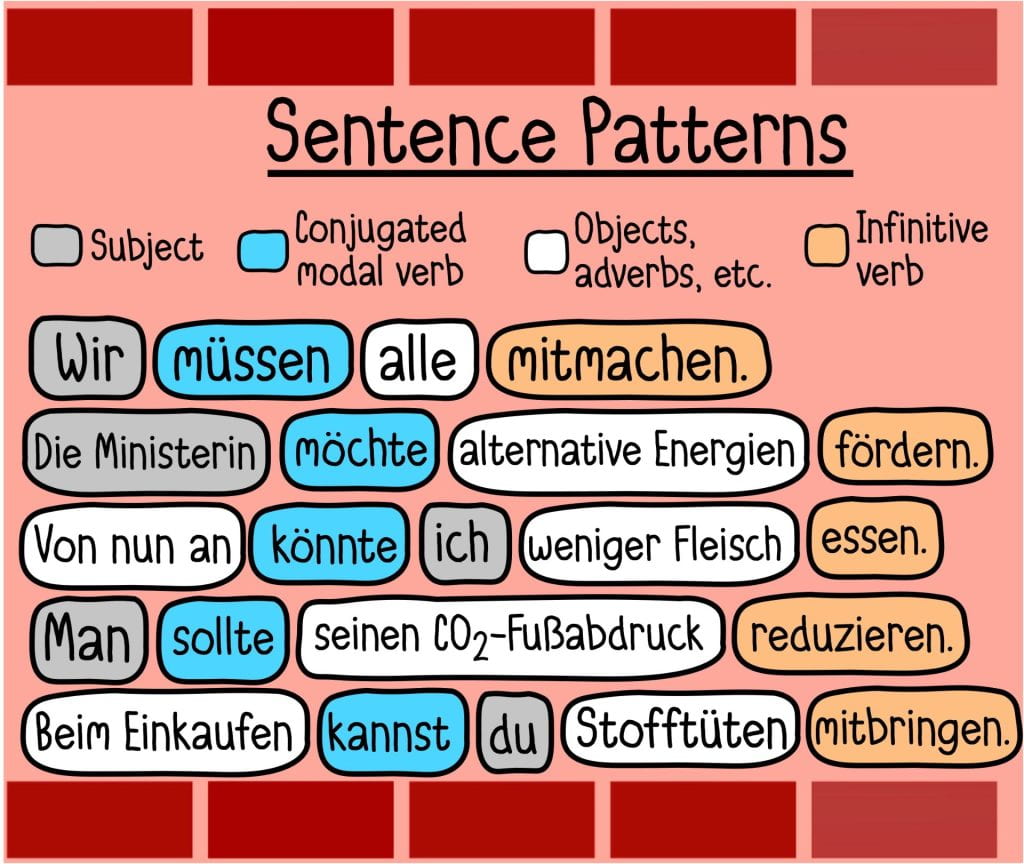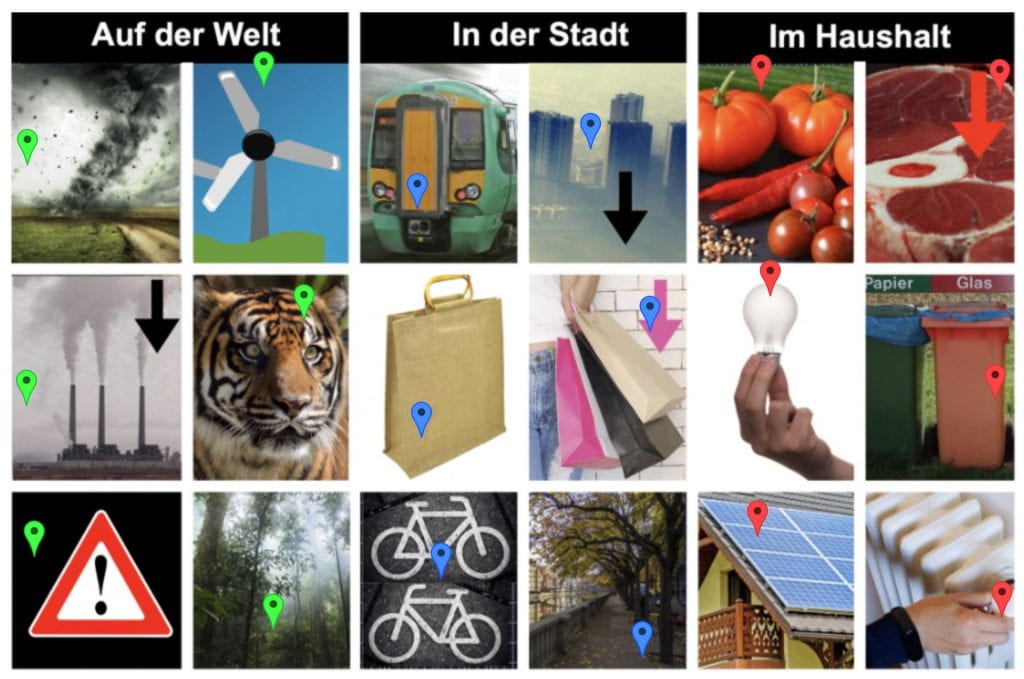Detachable Verbs: A Gentle Introduction 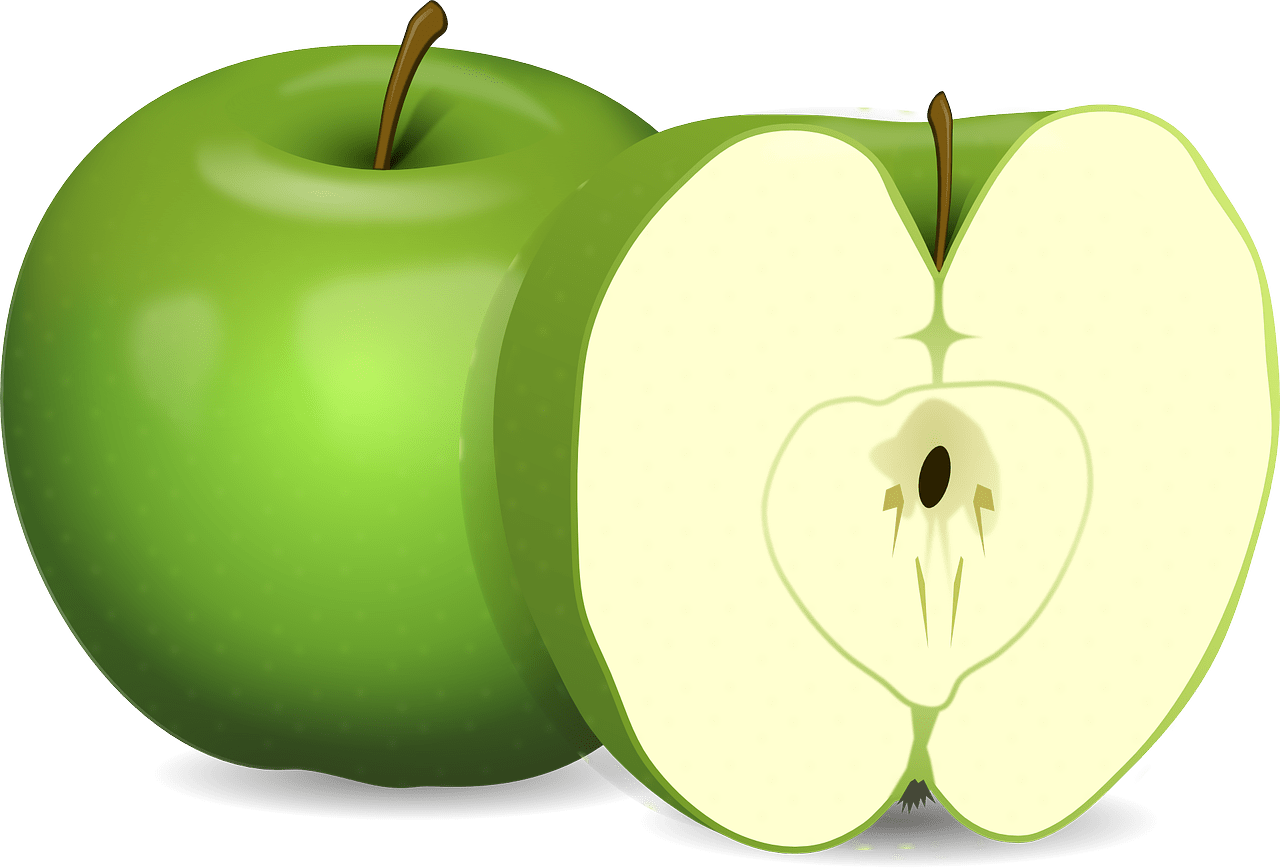
Published by Roslyn Green in December 2022
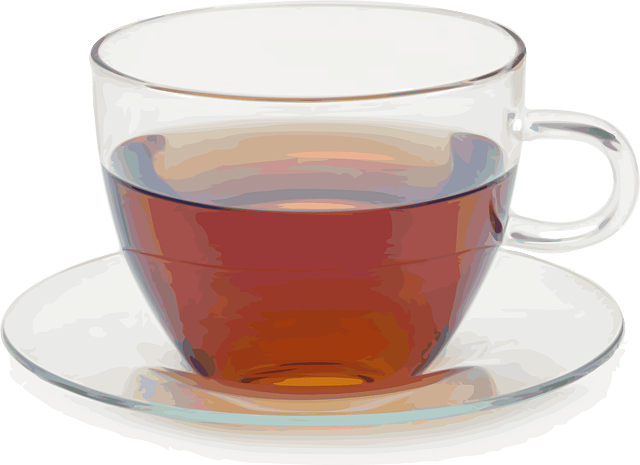
Image by OpenClipart-Vectors from Pixabay
One Entity or Two
Just like a cup and saucer, the two parts of a German separable verb can appear as one entity or they can be detached and work as two separate parts. The dictionary entry is under the whole verb.
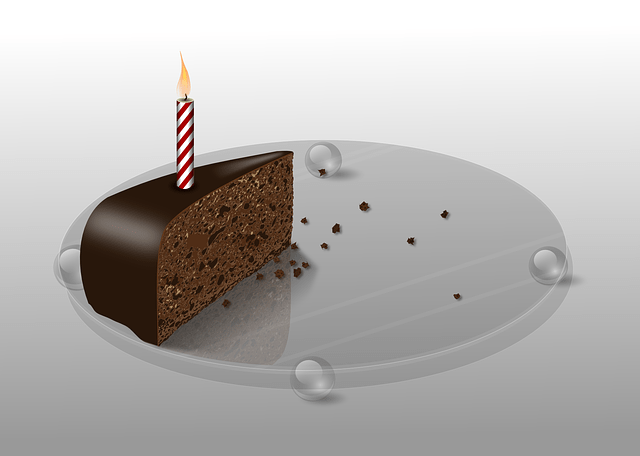
Image by Clker-Free-Vector-Images from Pixabay
- Tee zubereiten – prepare tea
- die Kerzen ausblasen – blow out the candles
- den Kuchen aufessen – eat up the whole cake
- die Tasse und Untertasse abwaschen – wash up the cup and saucer
Separable Verbs in the Present Tense
In a present tense sentence, the base verb is conjugated and placed second, while the detachable prefix is sent to the end of the sentence.
Sentence Patterns 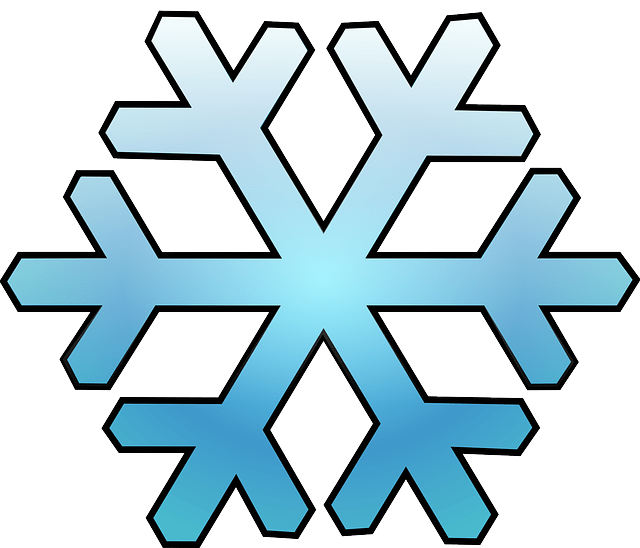
Key: conjugated base verb ♦ detachable prefix
- mitkommen – to come along: Ich komme gern mit. – I’d like to come along.
- aufmachen – to open: Er macht die Tür auf. – He is opening the door.
- aussehen – to look, appear: Du siehst hübsch aus. – You look lovely / pretty.
- anfangen – to begin: Im Januar fängt sie ein neues Studium an. – In January she is starting a new course.
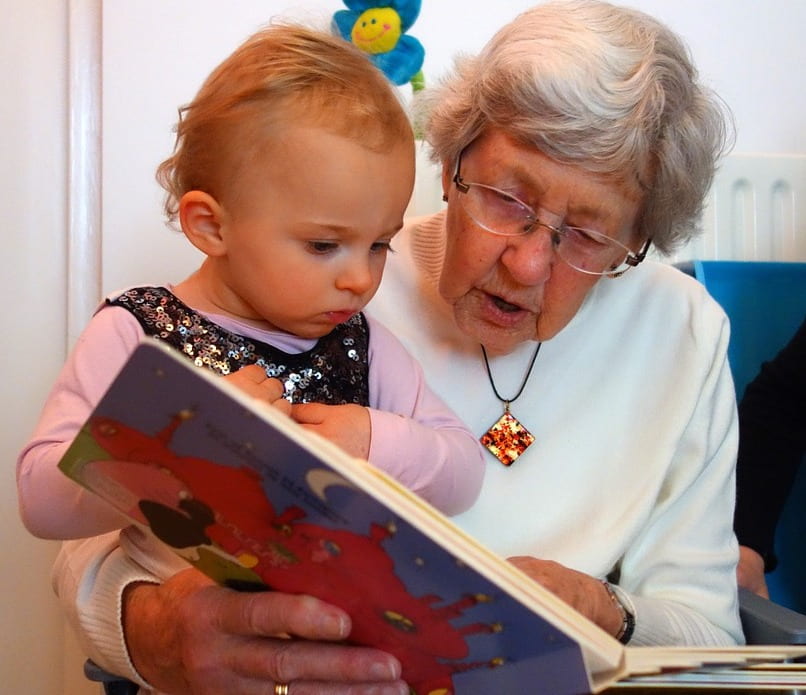
Image by Aline Dassel from Pixabay
Four Types of Sentences
vorlesen → to read aloud, read out
Present: Die Großmutter liest die Geschichte vor. → The grandmother reads out the story.
Future: Die Großmutter wird die Geschichte vorlesen. → The grandmother will read the story.
Add a Modal Verb: Die Großmutter möchte die Geschichte vorlesen. → The grandmother would like to read out the story.
Perfect Tense: Die Großmutter hat die Geschichte vorgelesen. → The grandmother (has) read out the story.
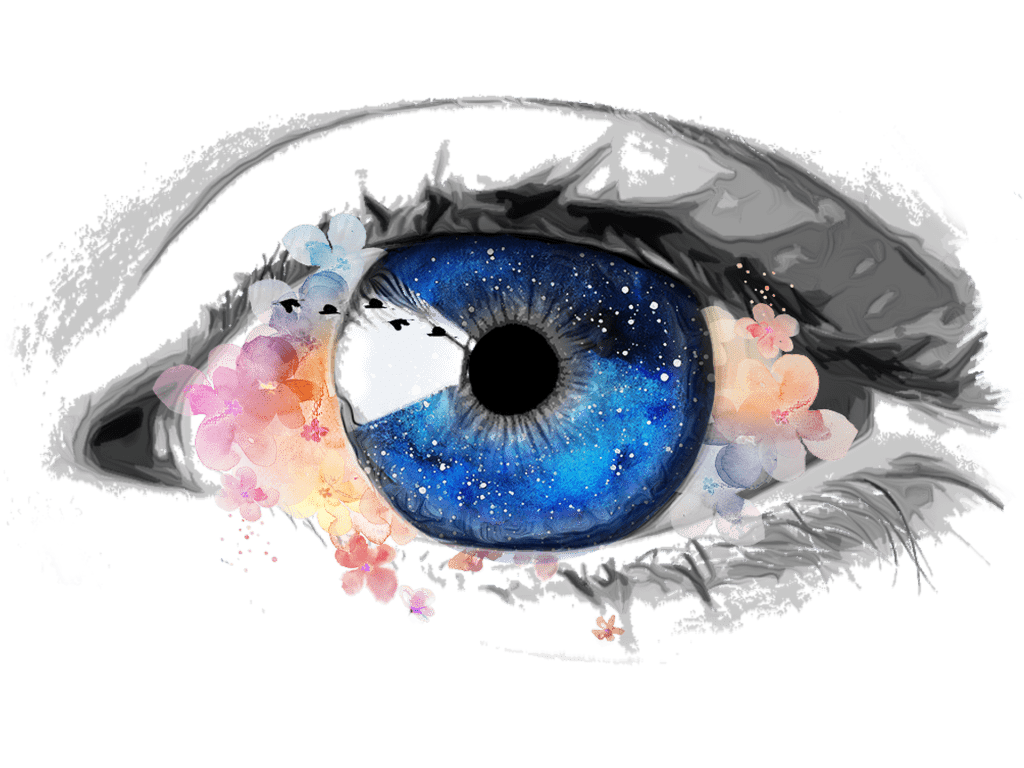
Image by Daniel Hannah from Pixabay
One Base Verb, Many Meanings
Base Verb: sehen – to see
The same base verb can have many separable prefixes. Here are just a few examples with sehen:
- ansehen → to look at
- aussehen → to look/appear
- absehen → to foresee
- fernsehen → to watch TV
- hochsehen → to look up
One Prefix, Many Meanings
Prefix: durch – through
The same prefix can be used to create many detachable verbs:
- durchblättern – to leaf through, turn over pages
- durcharbeiten – to work through something, go through it thoroughly
- durchdenken – to think something through, think something over
- durchhalten – to hold on, stick it out, persevere
A Highly Recommended Video
Video: Trennbare Verben | Separable Verbs
Inap from Deutsch mit Inap provides a very clear introduction to separable verbs, working through many useful examples.
Thirty Useful Separable Verbs: A Shortlist

wegfahren – to go, drive away
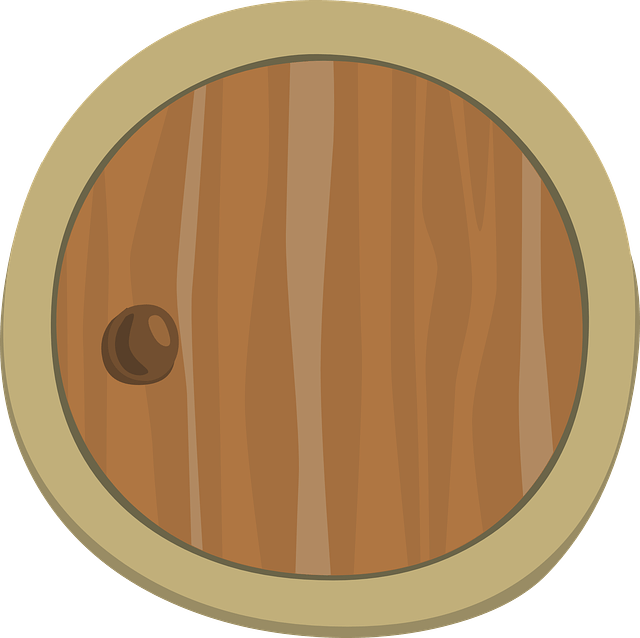
zumachen – to close
Bilbo macht die Tür zu.
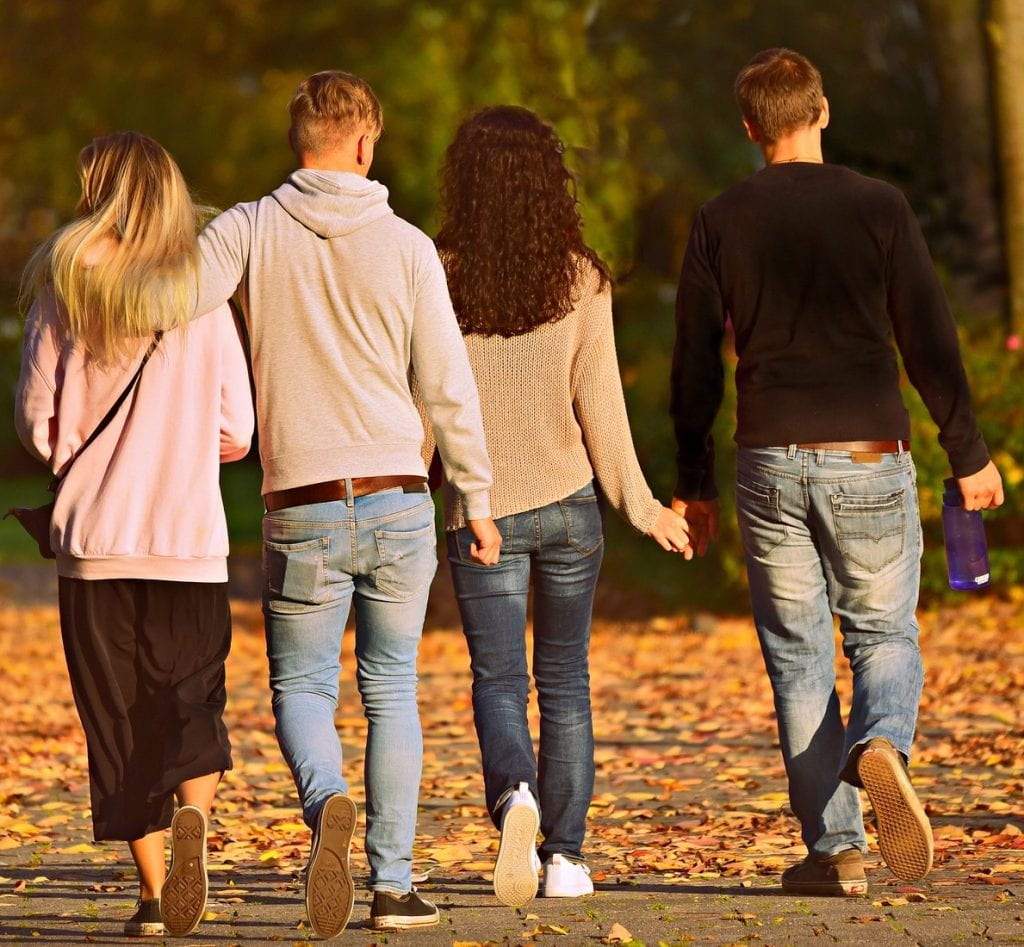
mitkommen – to come along
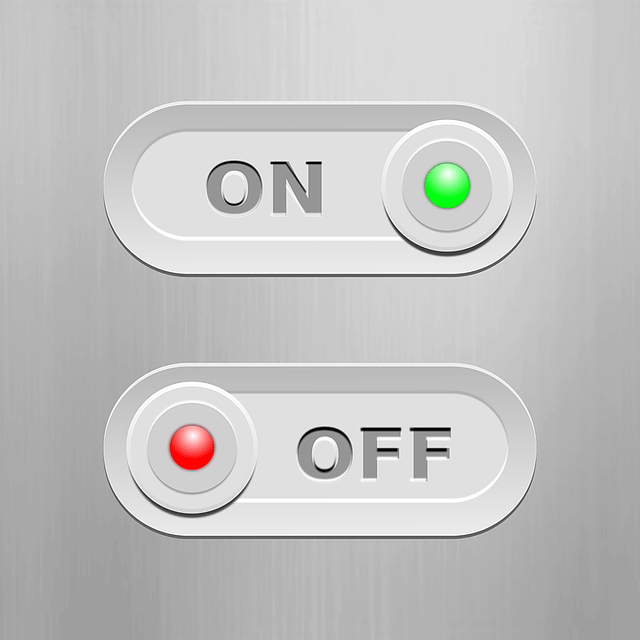
ausmachen – to turn off
- abfahren – to depart (vowel-changer: Der Bus fährt bald up)
- abholen – to fetch, to pick up
- absetzen – to drop off
- anfangen – to begin (vowel-changer: Du fängst mit dem Essen an; er/sie/es fängt an)
- ankommen – to arrive
- anmachen – to turn on
- anrufen – to ring up
- (sich) anziehen – to get dressed
- aufhören – to stop
- aufmachen – to open
- aufräumen – to tidy up
- aufstehen – to get up, to stand up
- ausgehen – to go out
- ausmachen – to turn off
- aussehen – to look like, appear (vowel-changer: du siehst toll aus)
- (sich) ausziehen – to undress
- einkaufen – to shop, go shopping
- einladen – to invite (vowel-changer: Wen lädst du zu deiner Party ein?)
- glattgehen – to got smoothly, to go off without a hitch
- mitbringen – to bring along
- mitkommen – to come along
- mitmachen – to take part, to participate, work together
- schiefgehen – to go wrong (literally: to go crooked)
- vorbereiten – to prepare
- vorschlagen – to suggest (vowel-changer: Was schlägst du vor?)
- wegfahren – to go away, drive away (vowel-changer: Fährst du in den Ferien weg?)
- zubereiten – to prepare food
- zumachen – to close
- zurückbringen – to bring back
- zurückkommen – to come back, to return
Quizzes
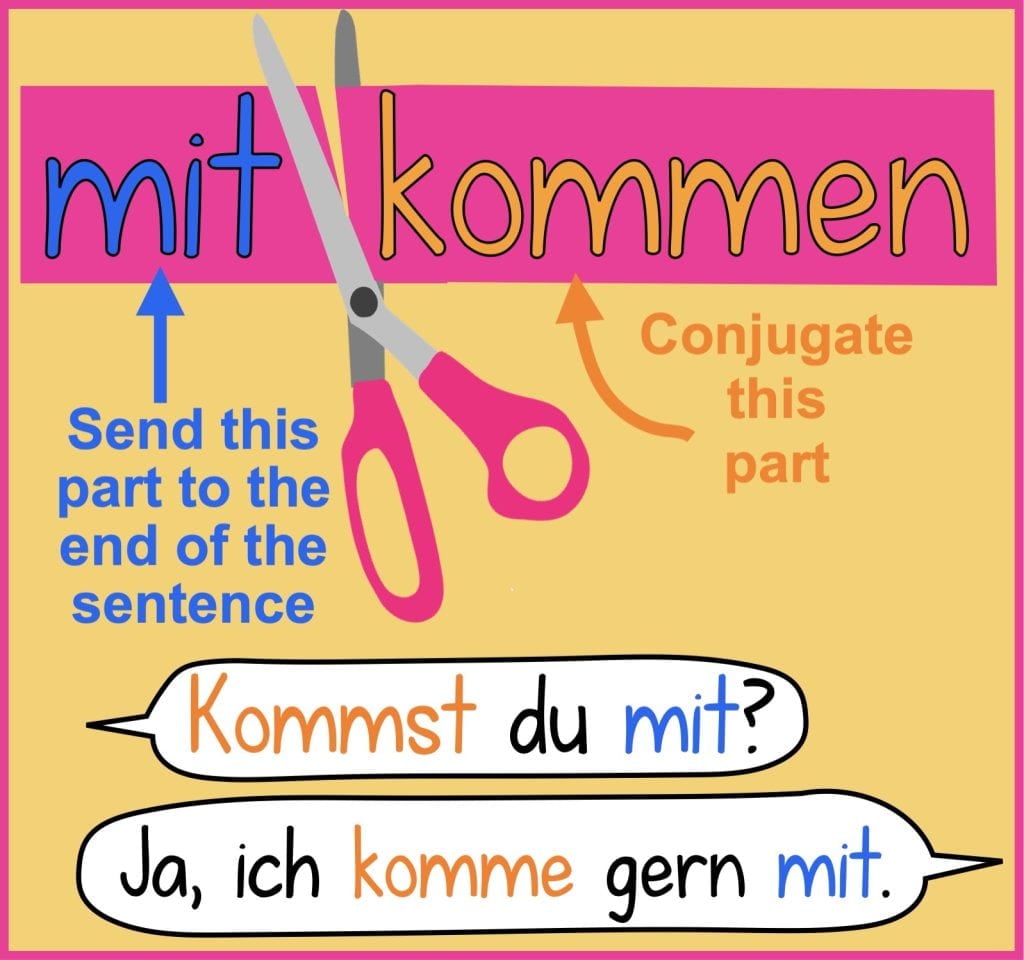
Drag and Drop Quiz: Separable Verbs in Present Tense Sentences
Construct present tense sentences by dragging and dropping words into the right spaces.
This quiz is based on the examples on the page titled A Day of Separable Verbs.
This Quiz as a PDF Worksheet: A Day of Separable Verbs 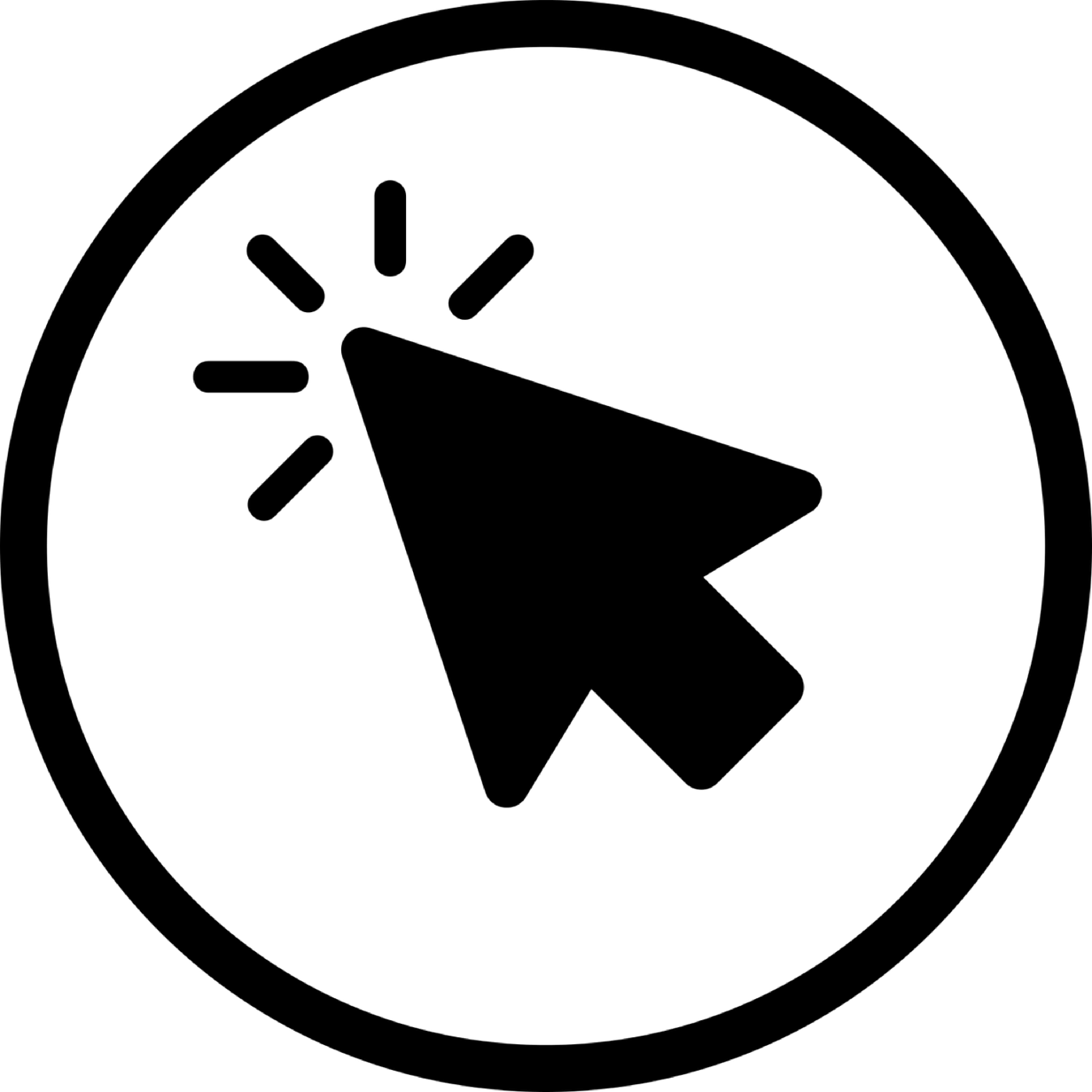
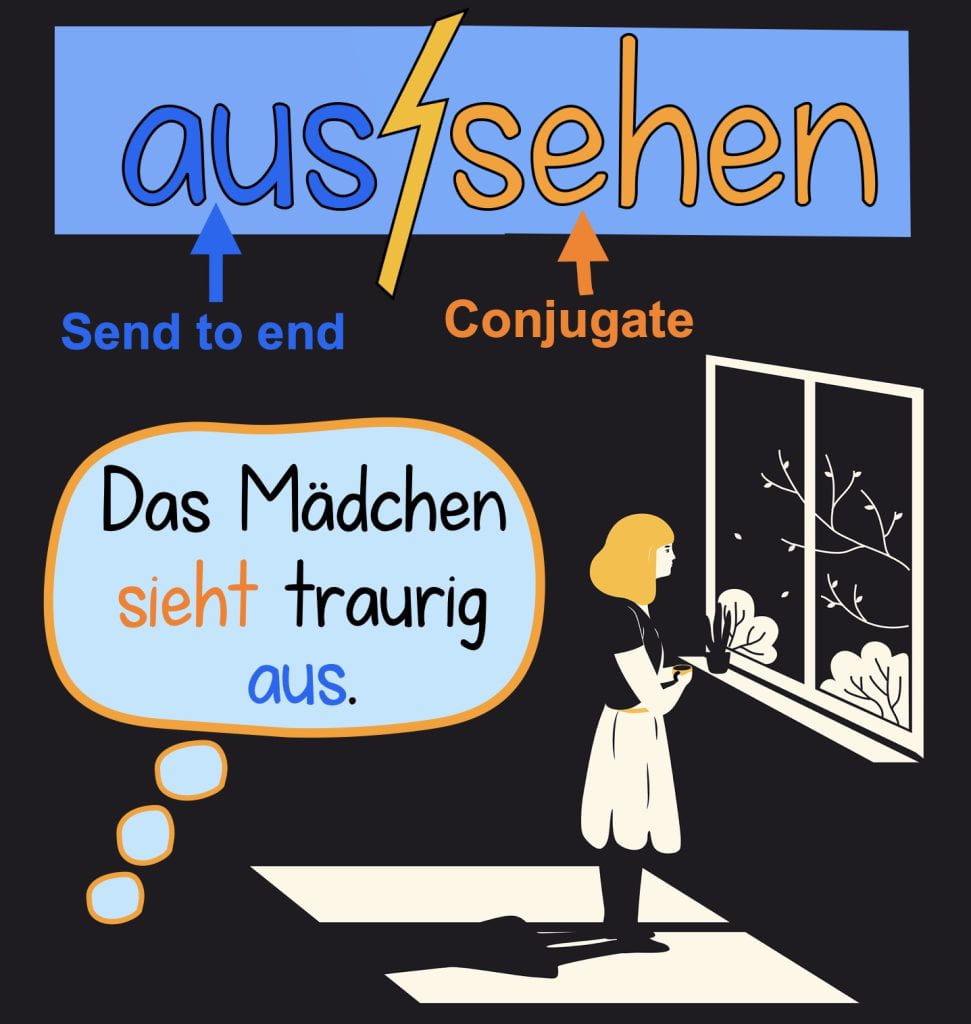
Quiz: Using Separable Verbs in Sentences About Appearance and Personality
Practise using separable verbs in present tense and perfect tense sentences as well as in sentences containing a modal verb.
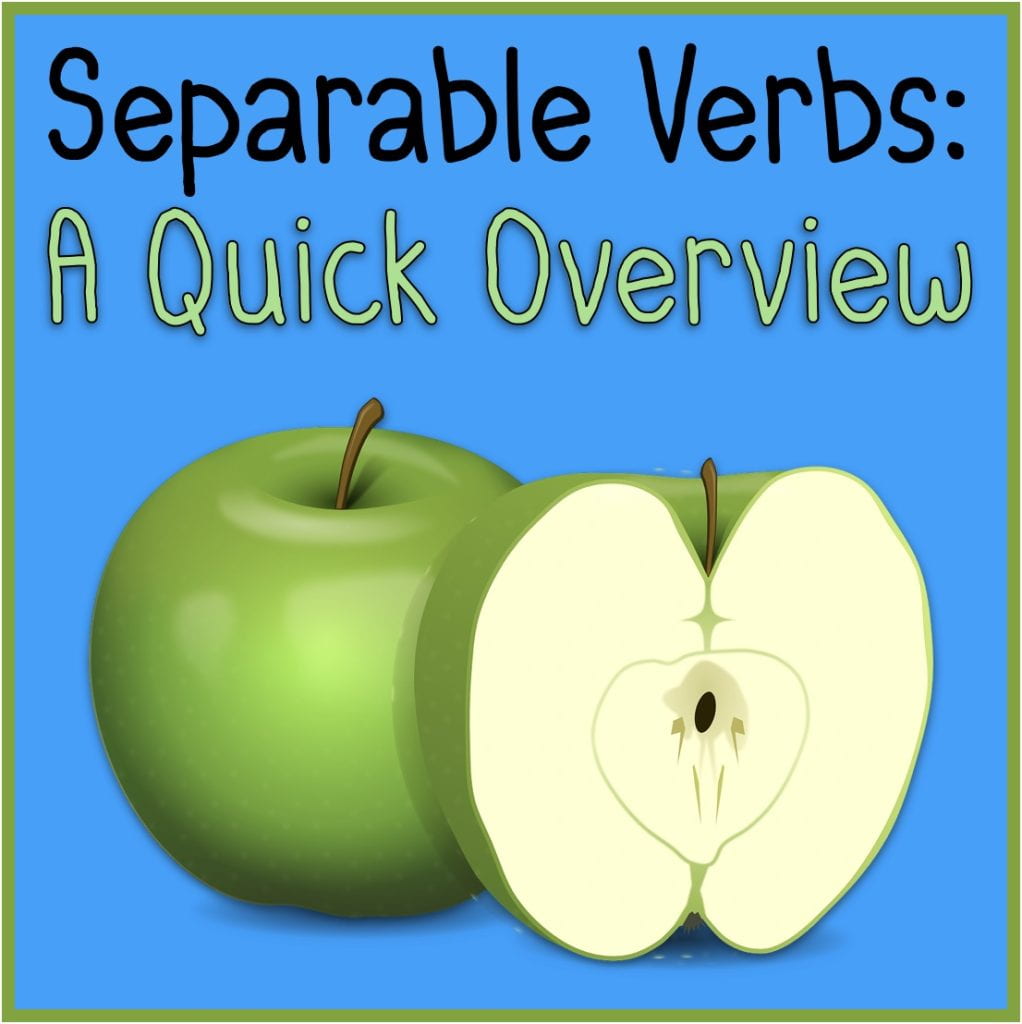
Quiz: Trennbare Verben: Ein kurzer Überblick | Separable Verbs: A Brief Overview
This is a simple multiple choice quiz with examples to clarify how separable verbs work in various types of sentences.
Page Picture Acknowledgements:
- Citröen: Image by OpenClipart-Vectors from Pixabay
- Hobbit door: Image by OpenClipart-Vectors from Pixabay
- Friends walking together: Image by 👀 Mabel Amber, who will one day from Pixabay
- Switches: Image by Andrea Baratella from Pixabay
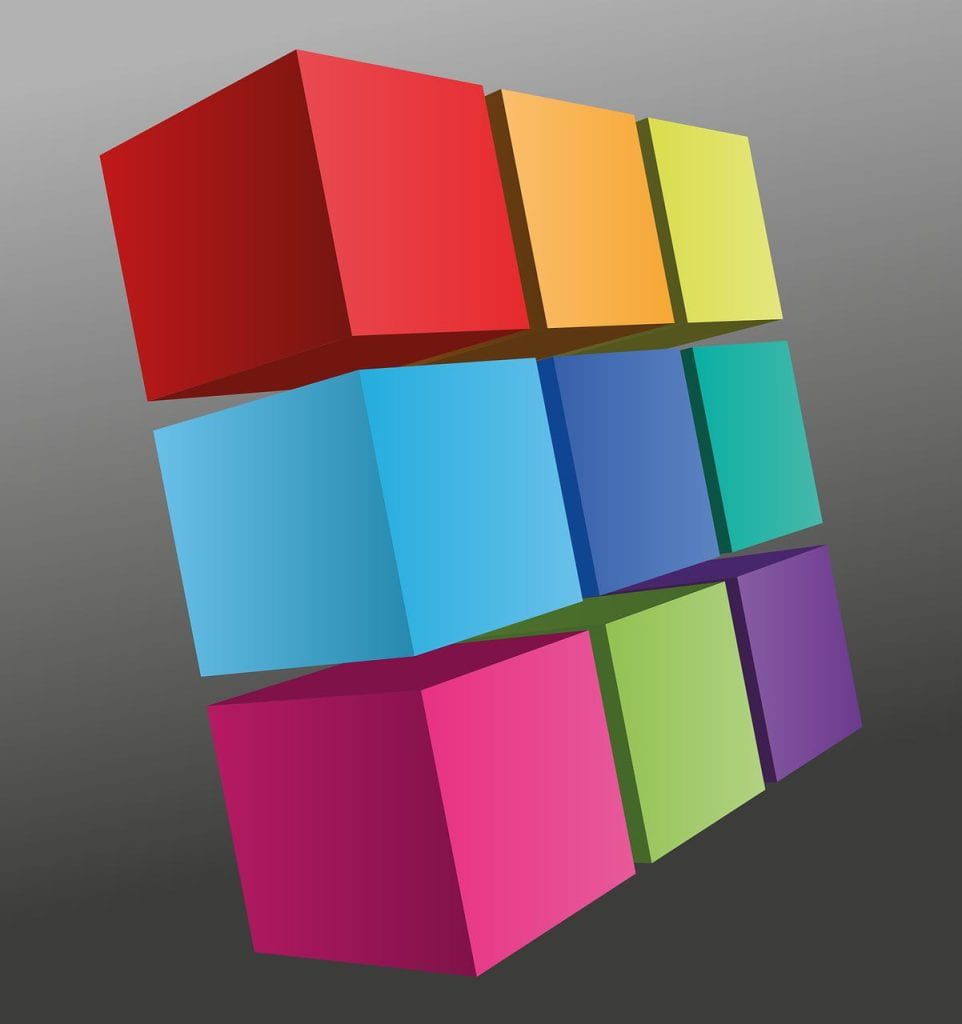
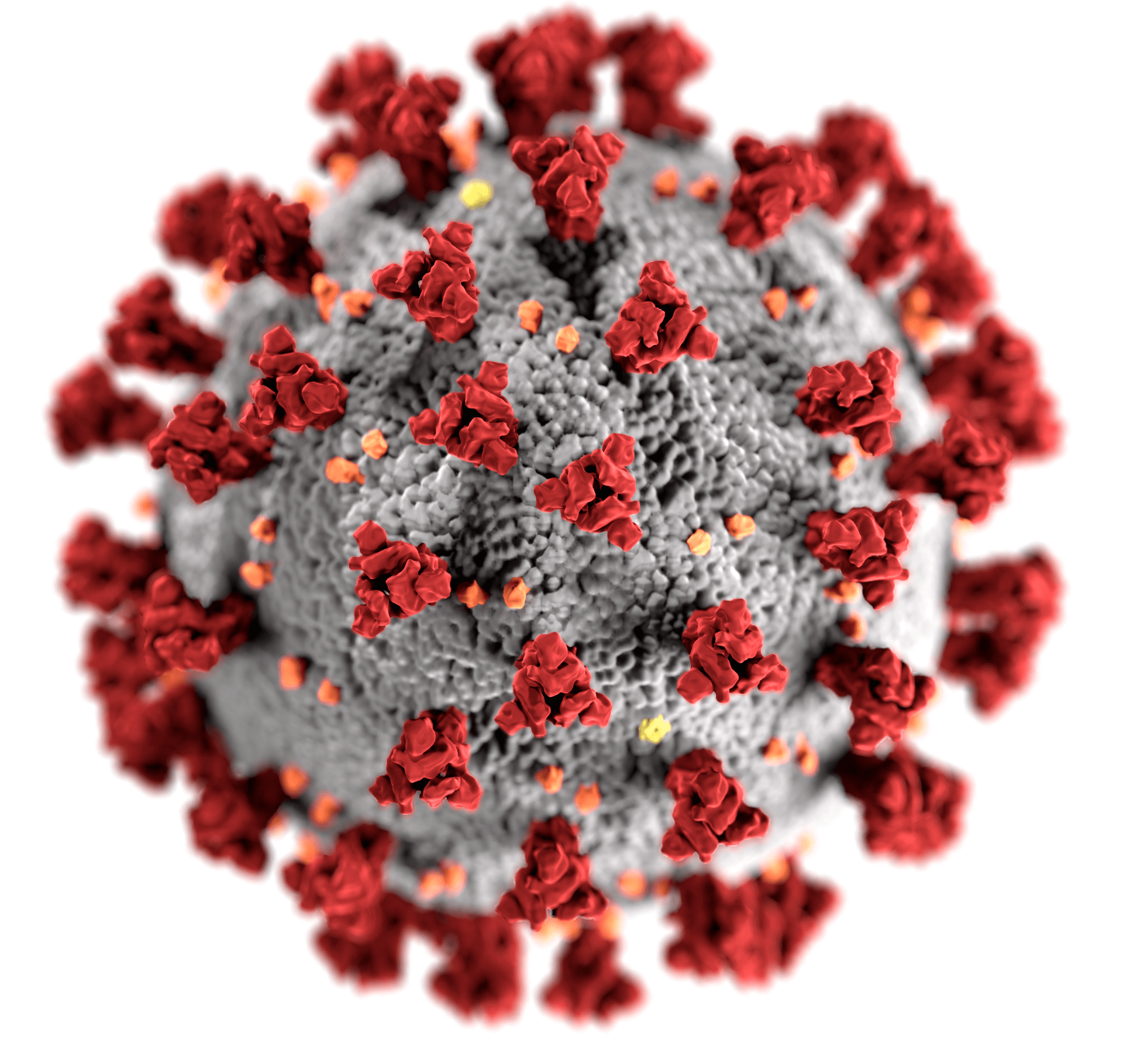
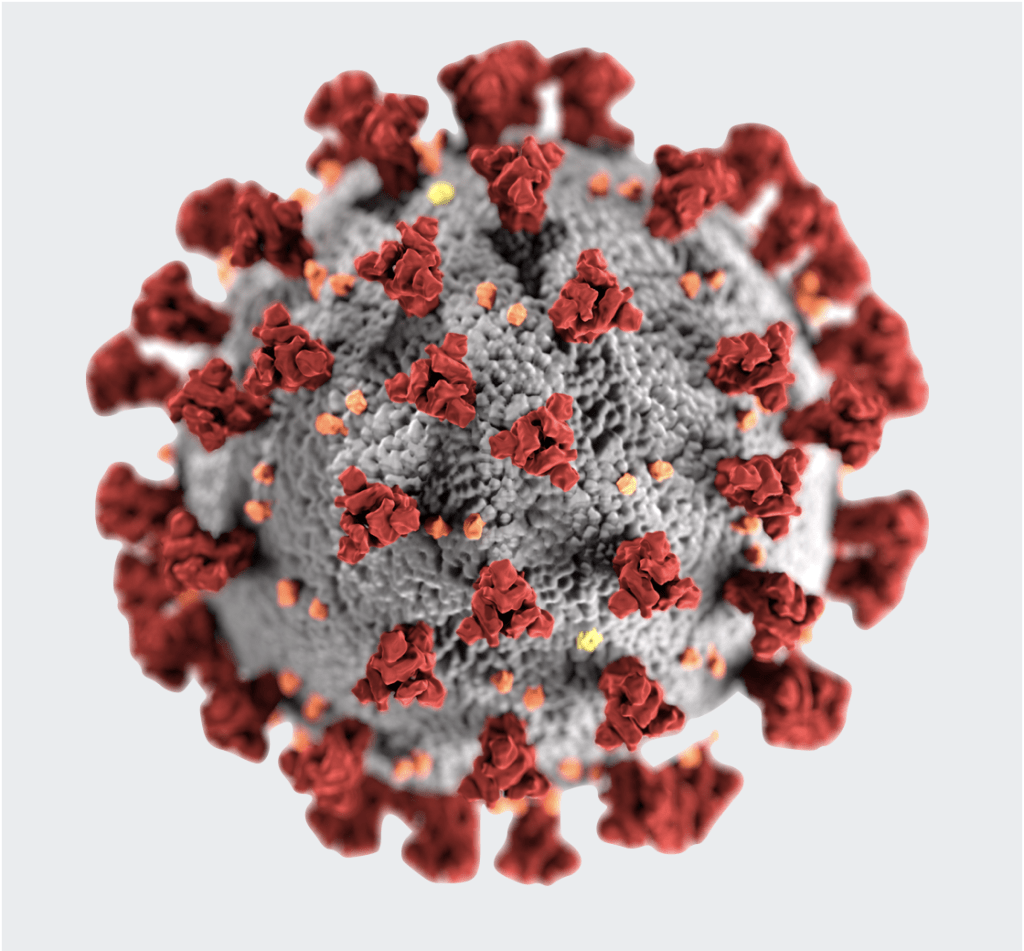
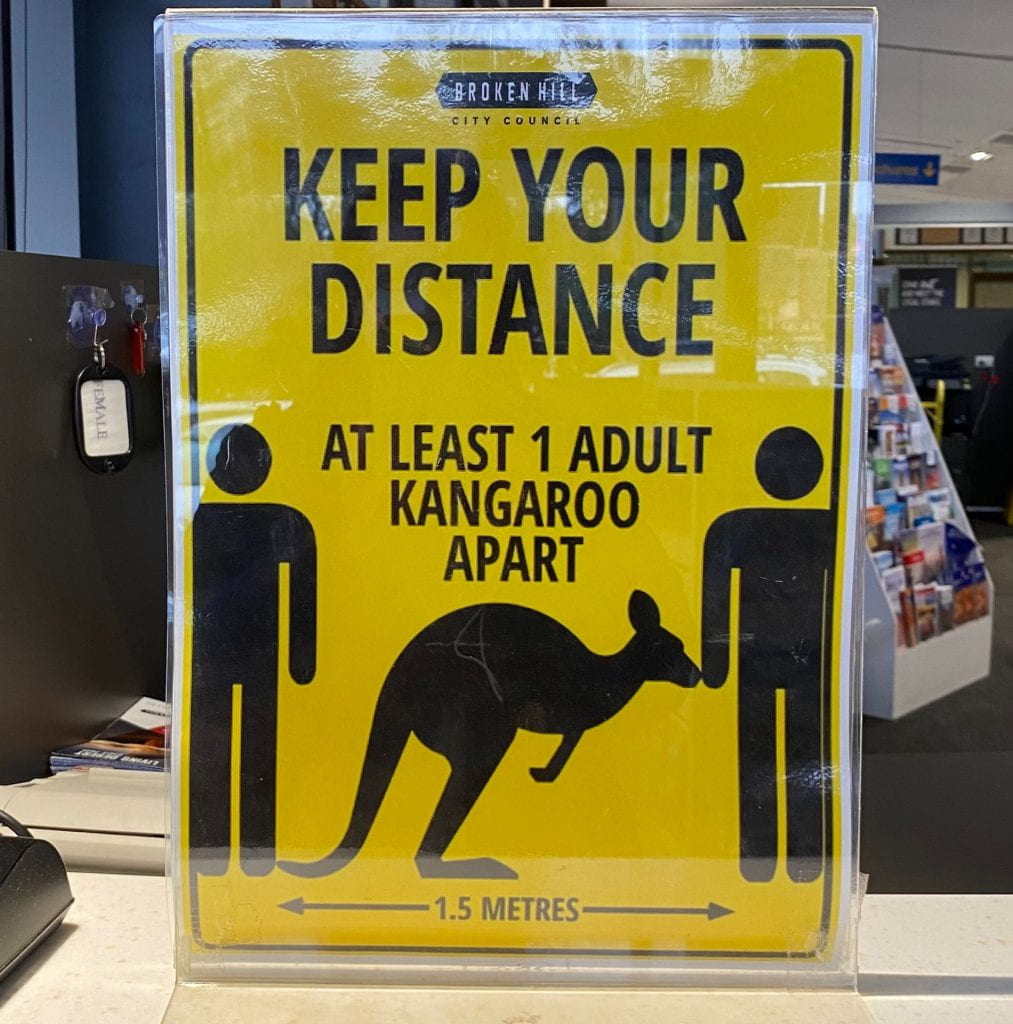
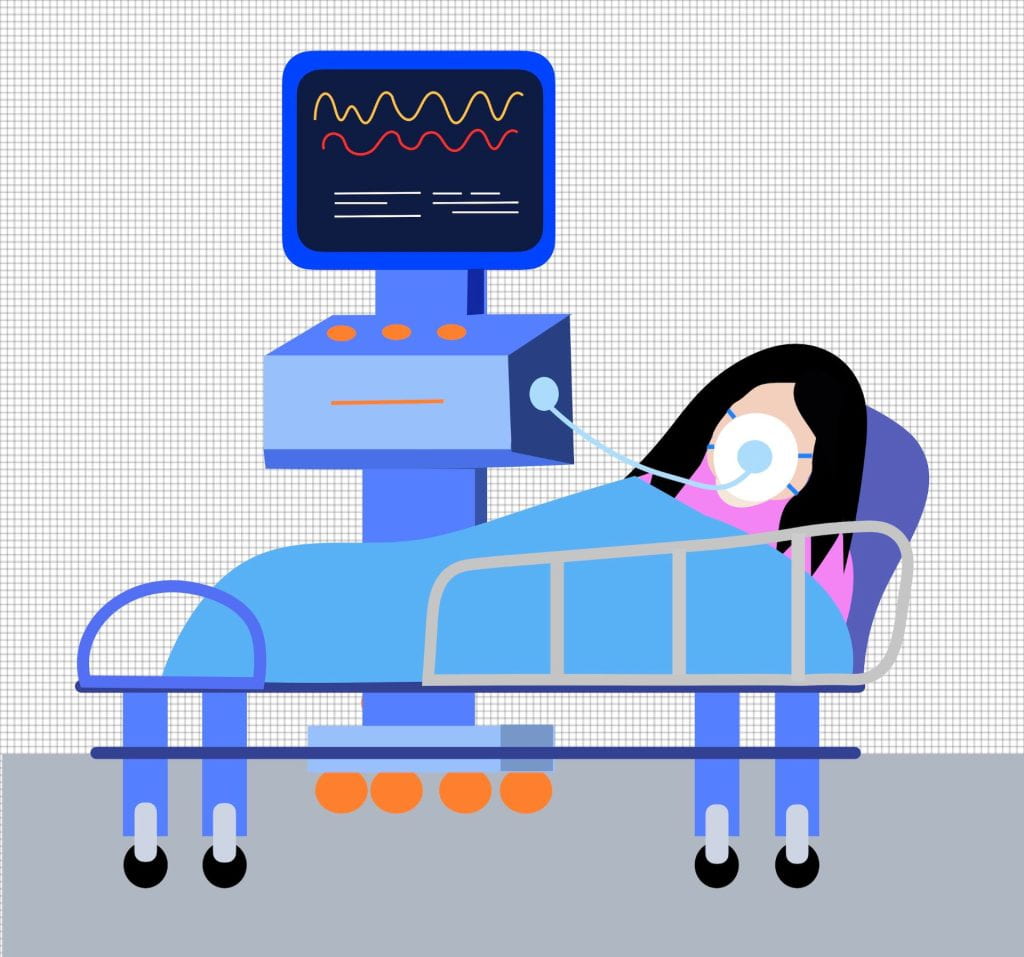

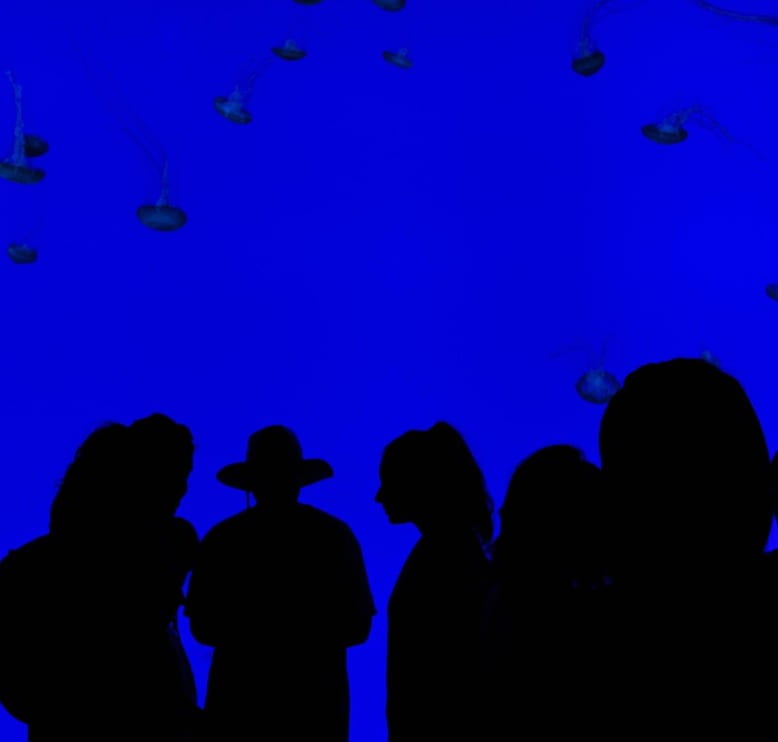

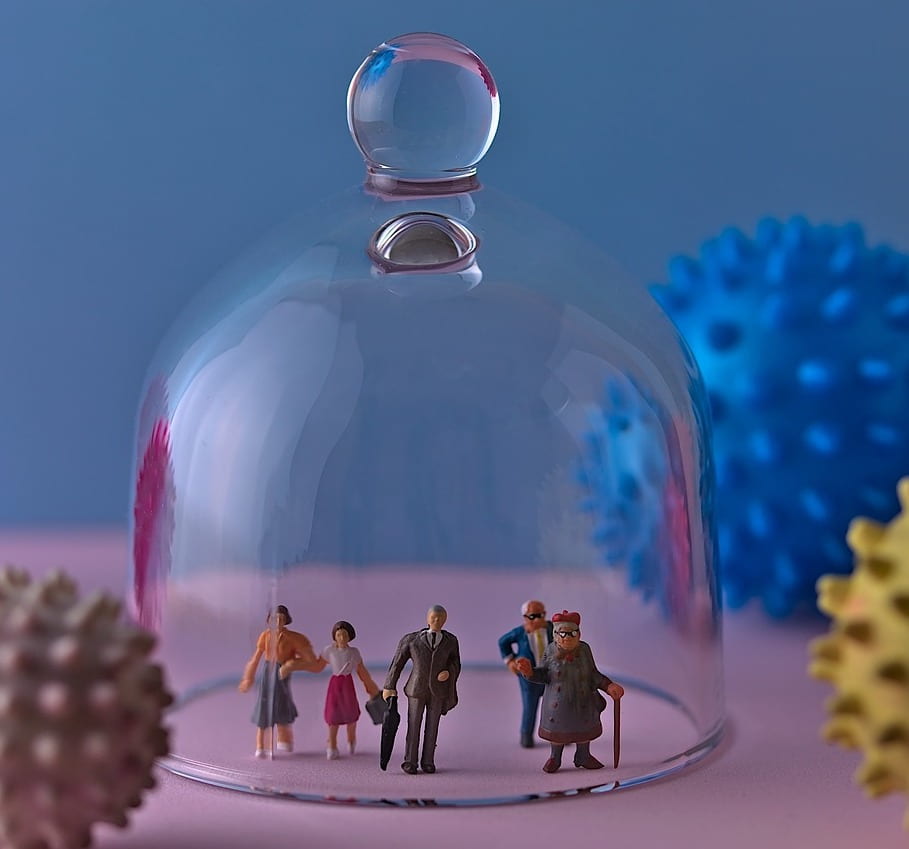
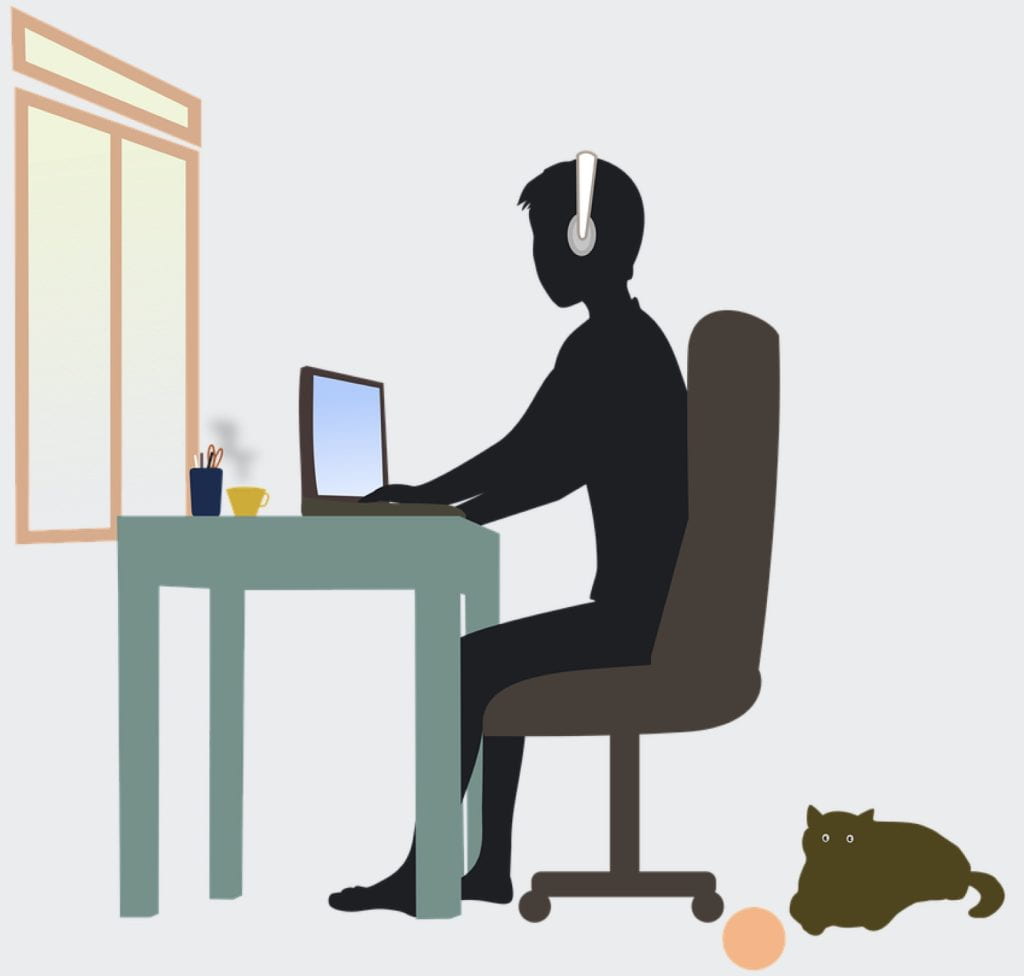
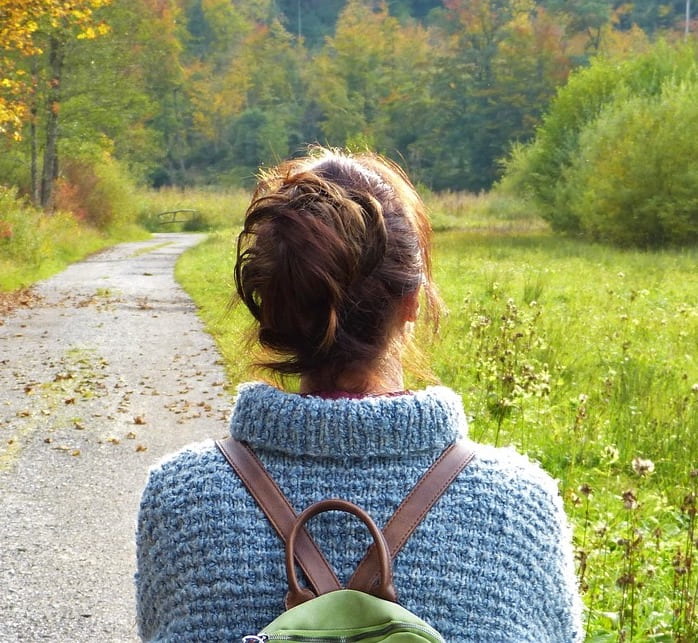
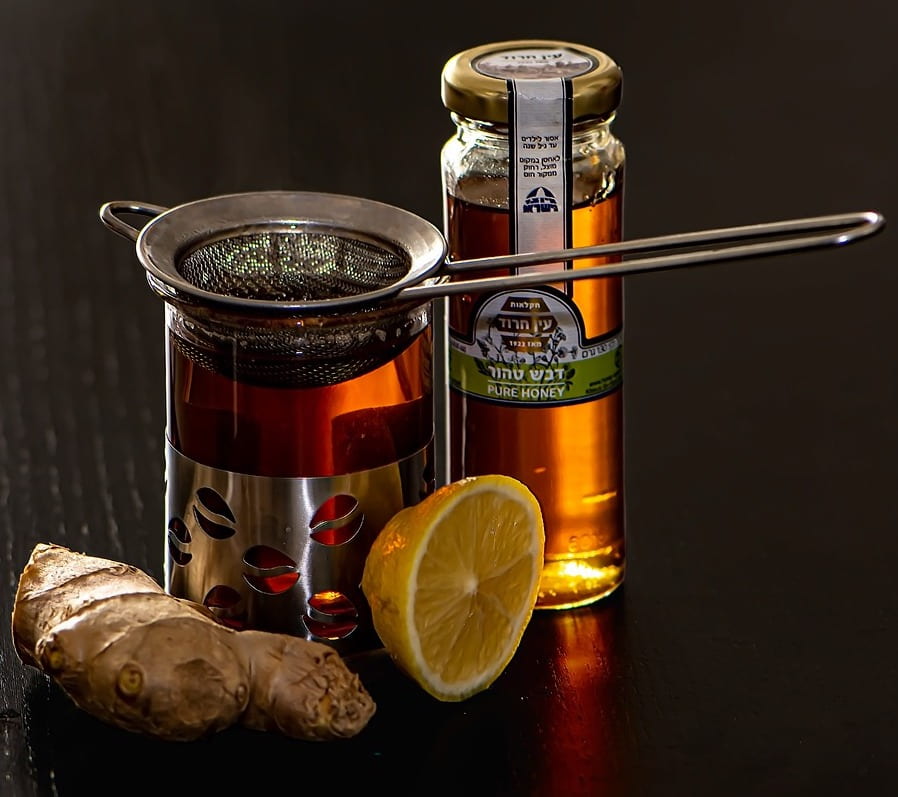
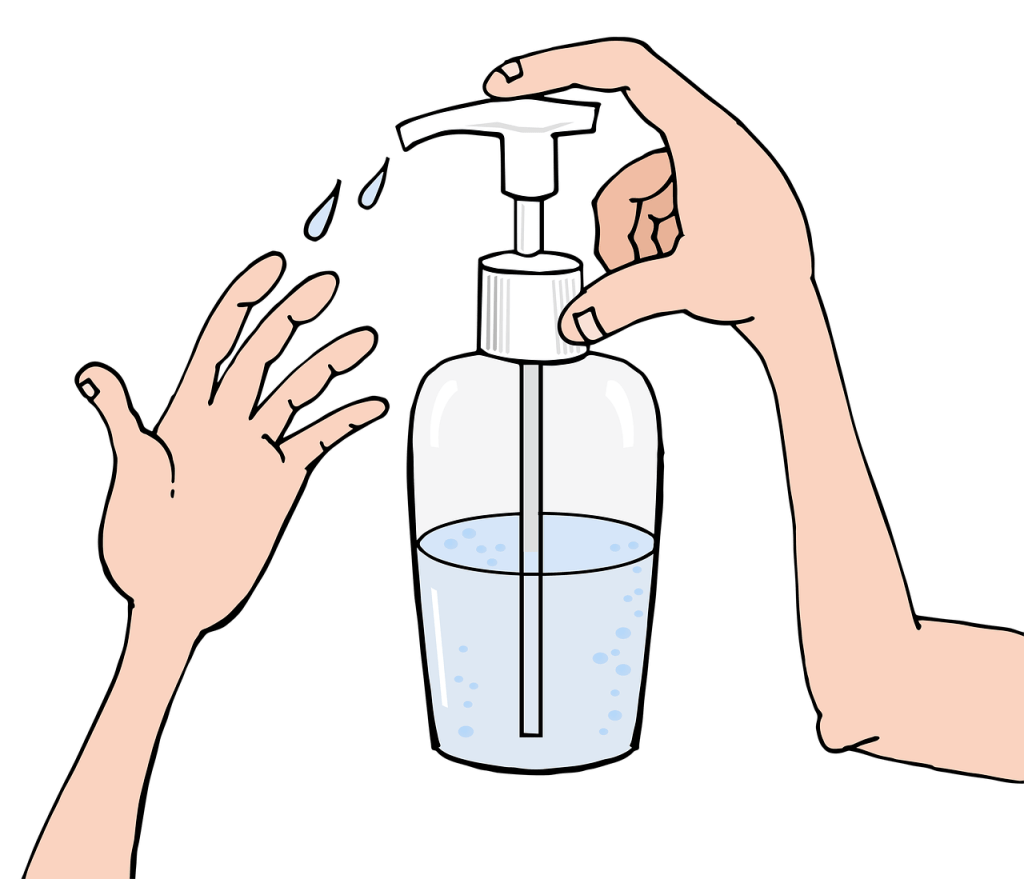
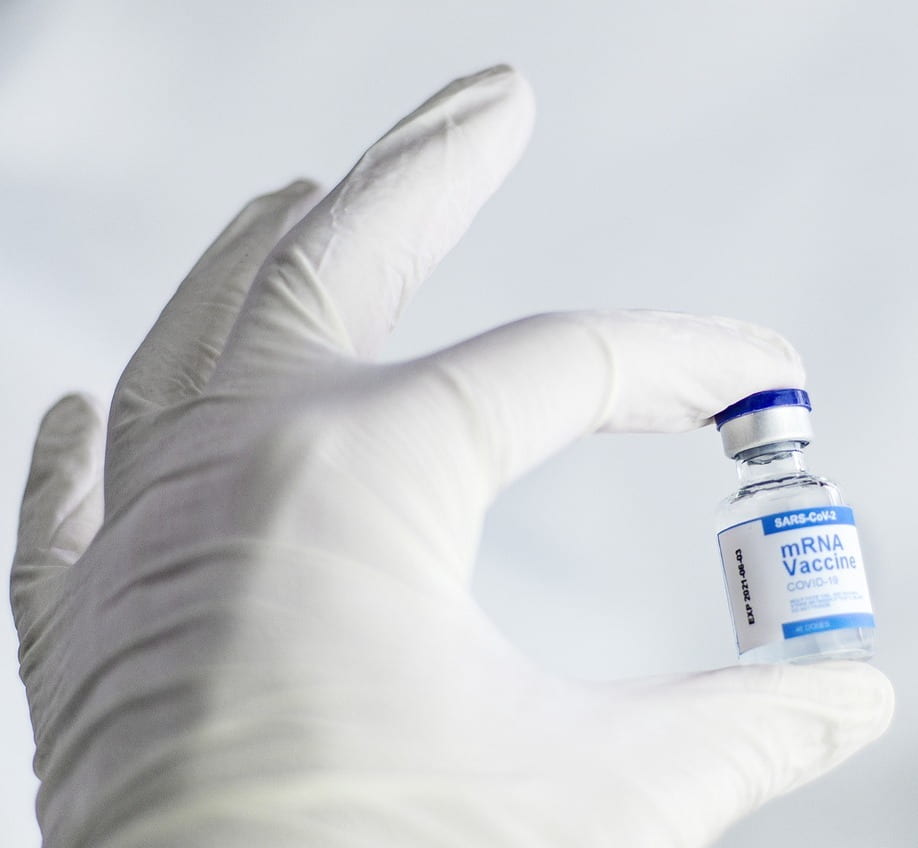
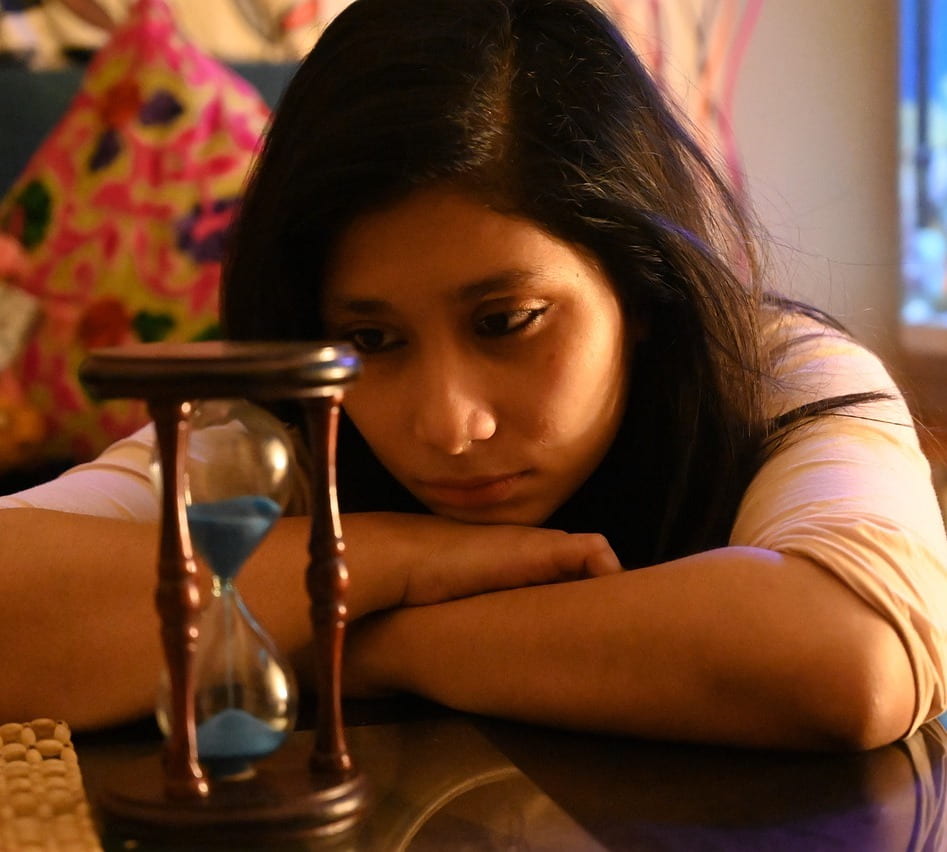
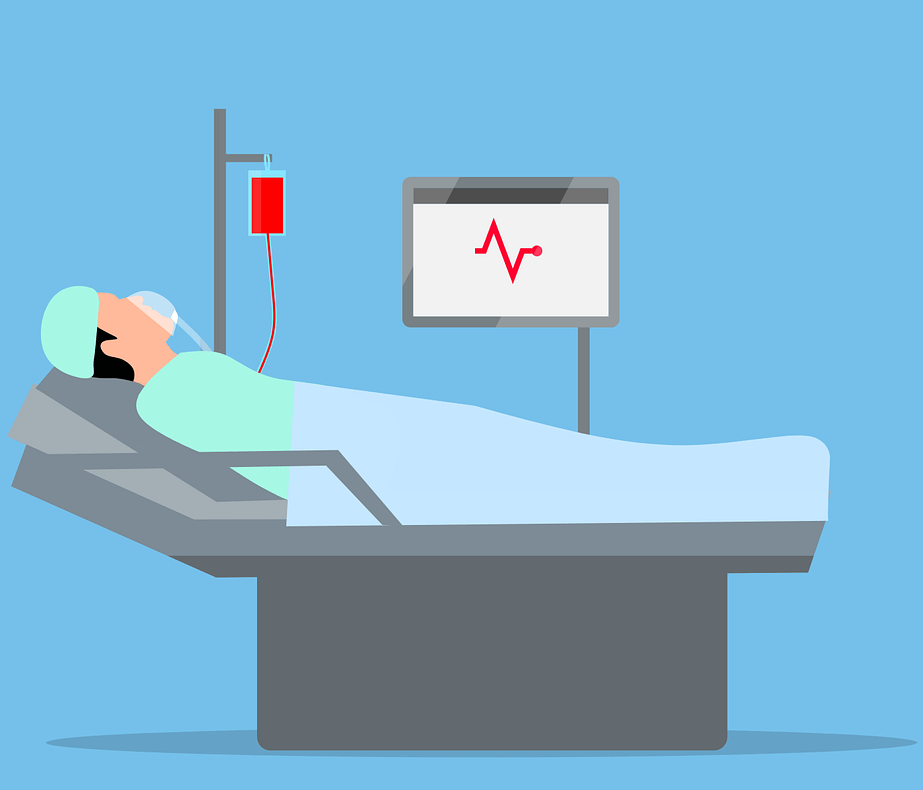

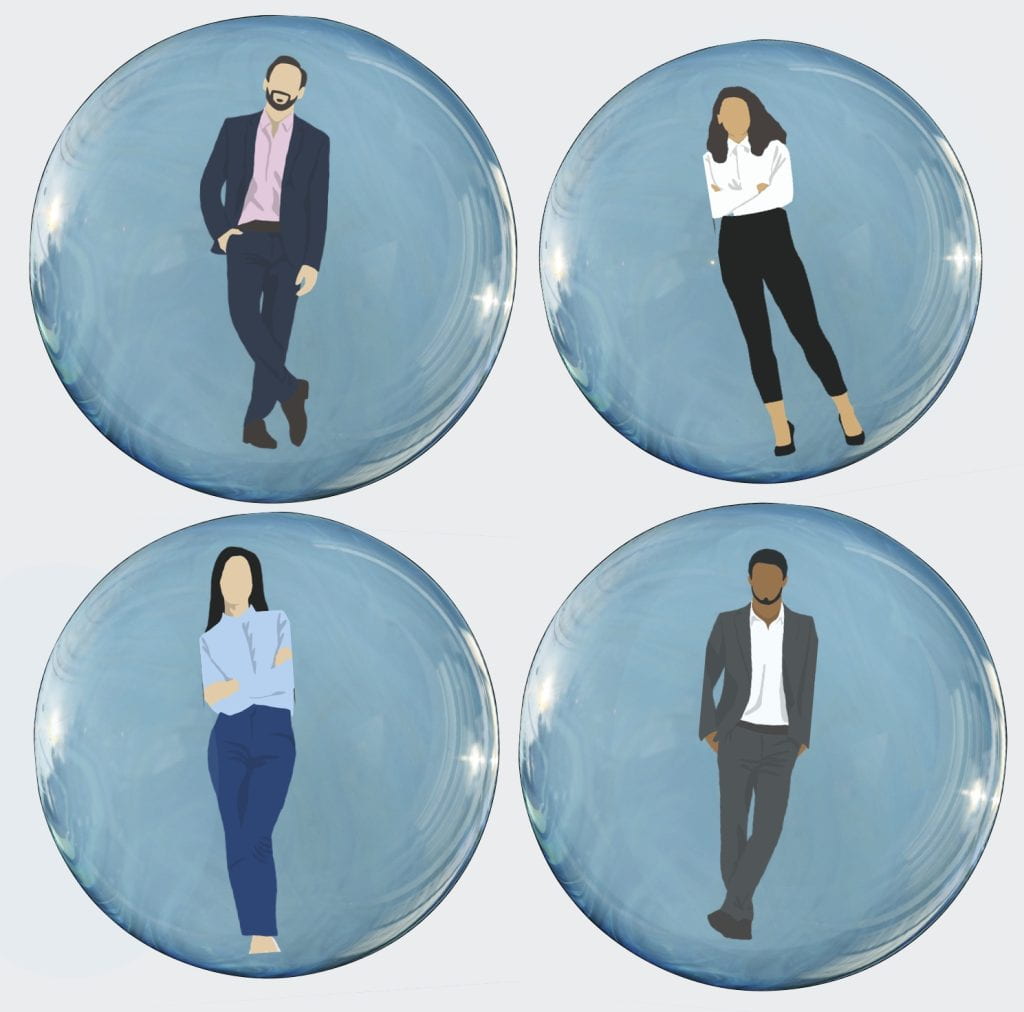

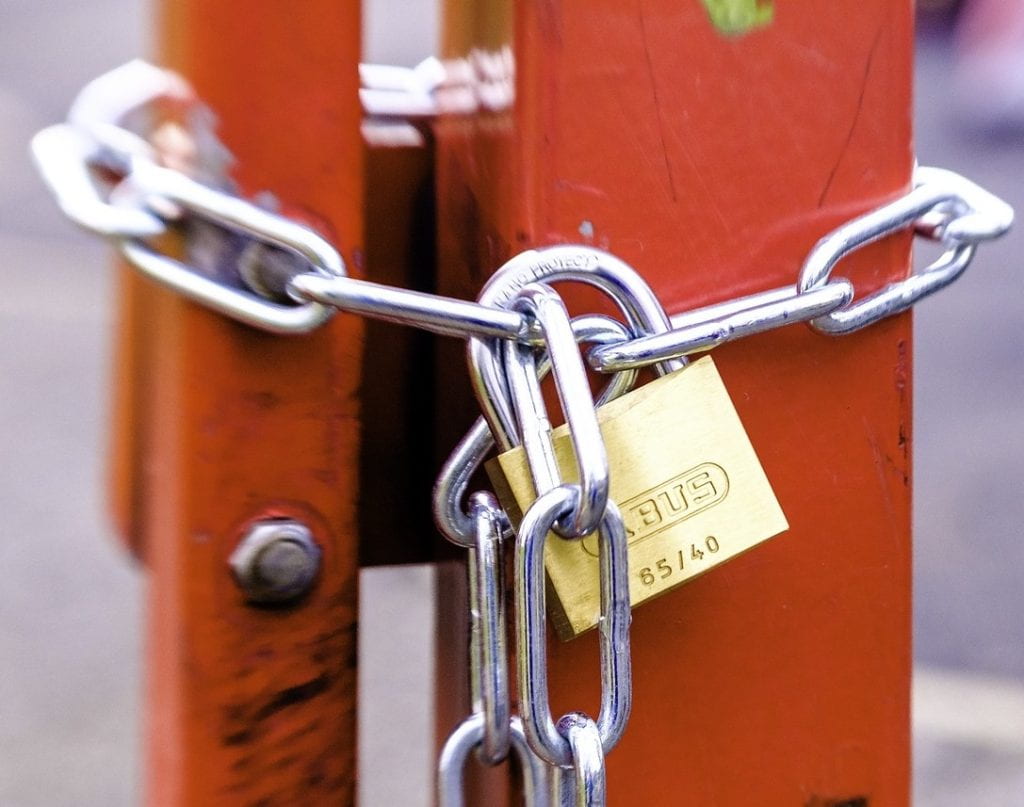

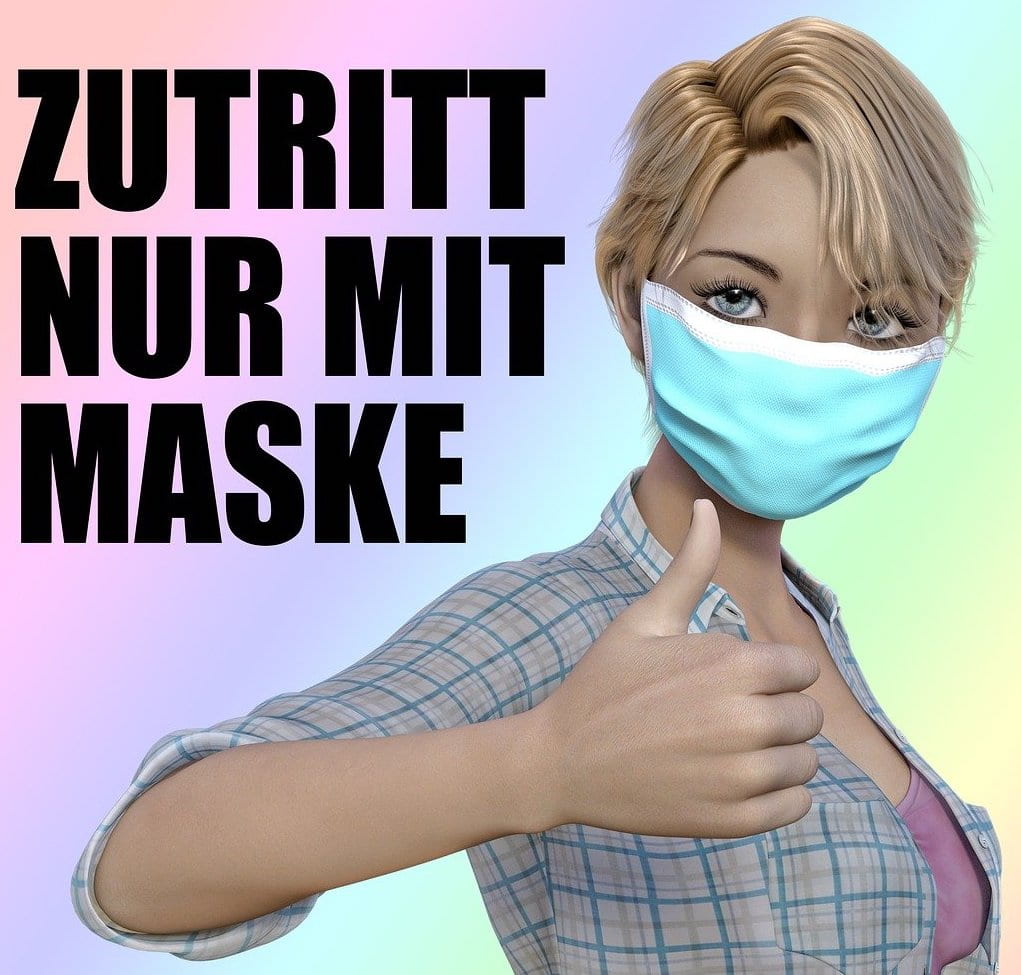
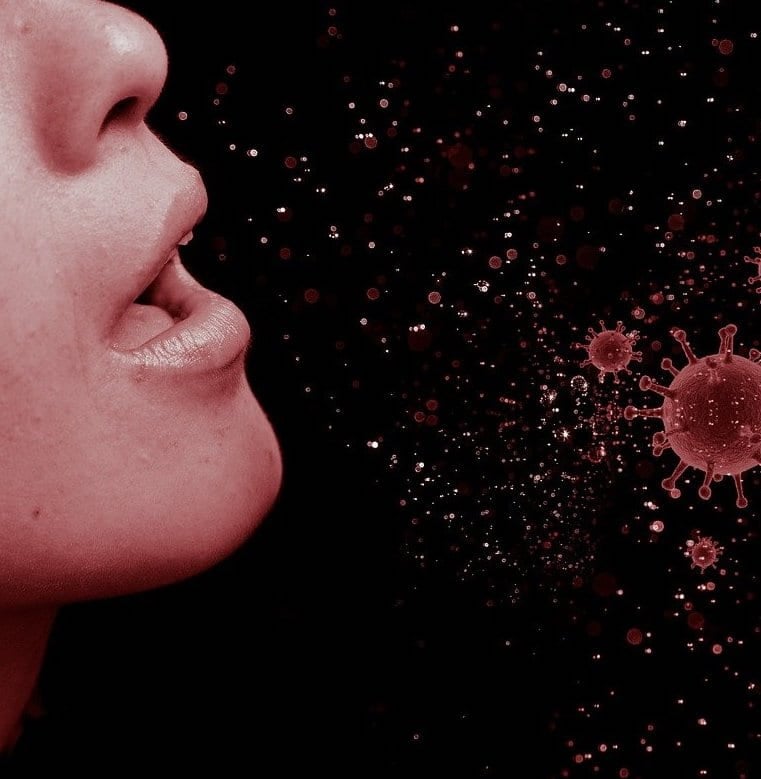
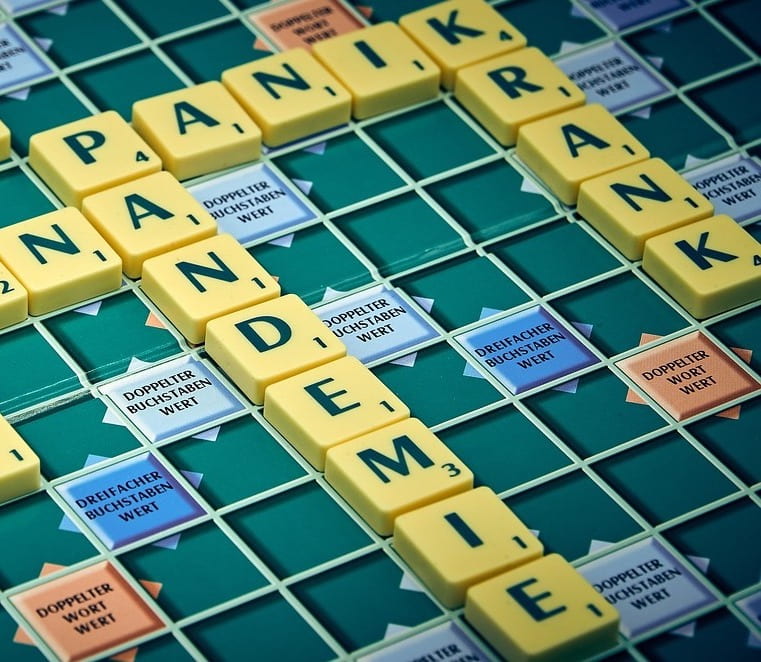
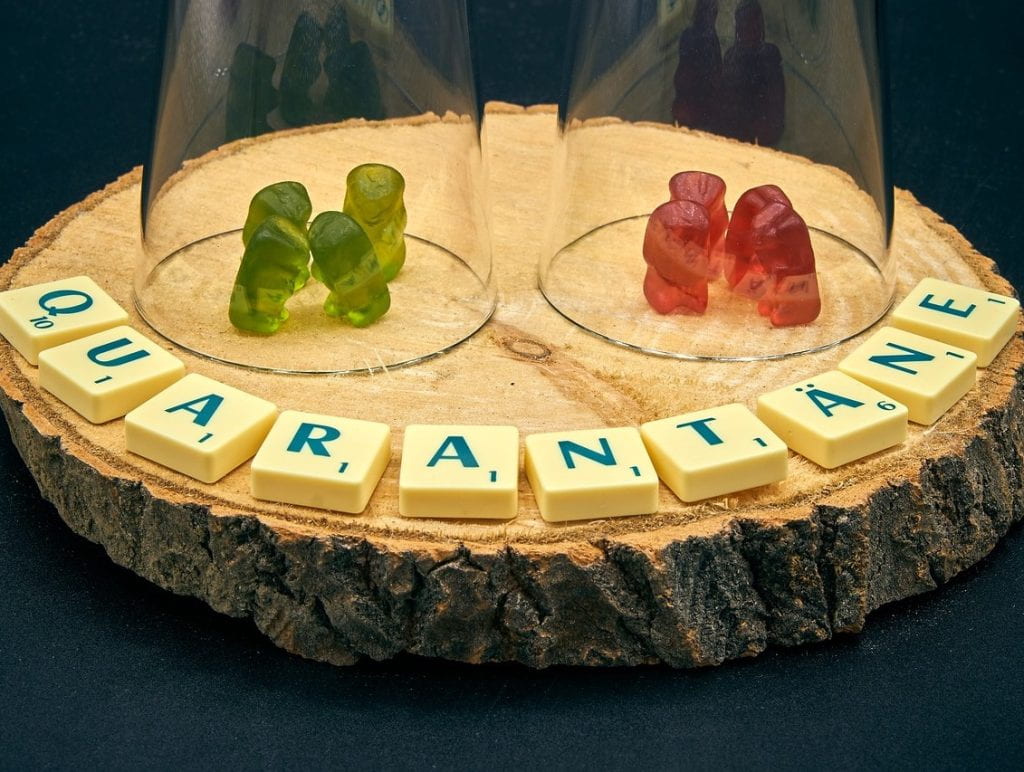
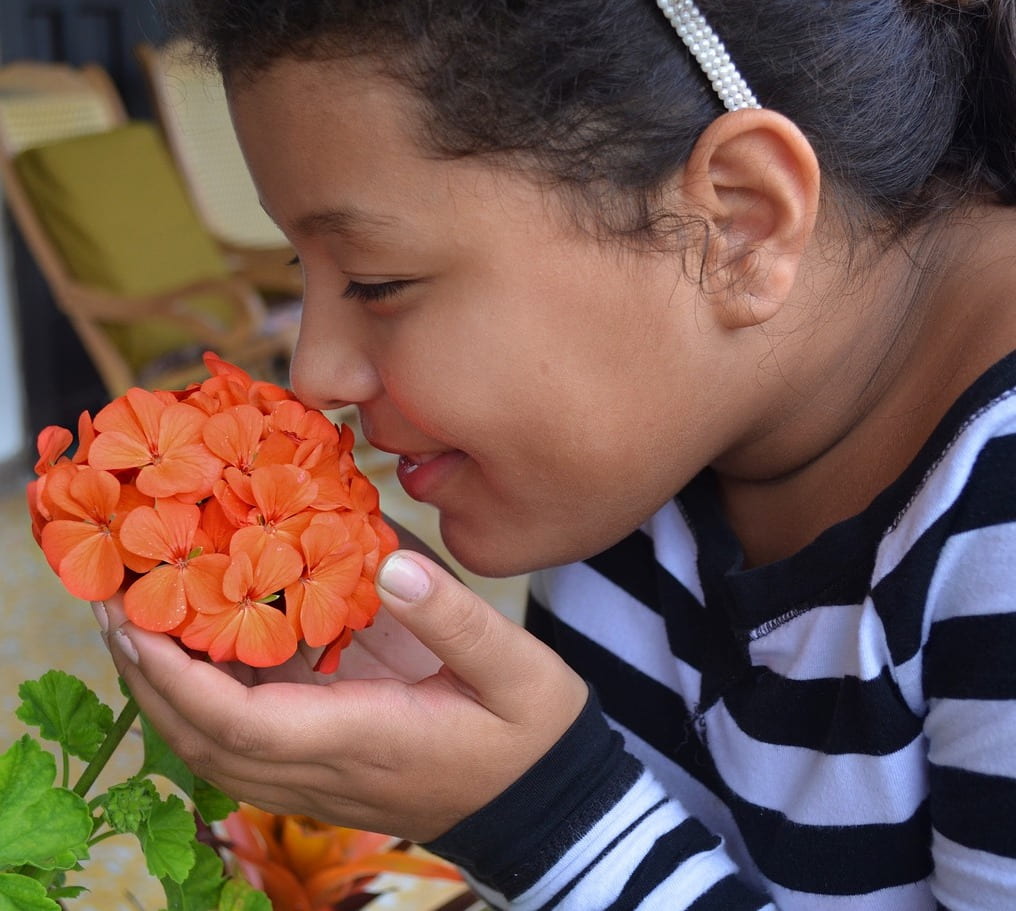
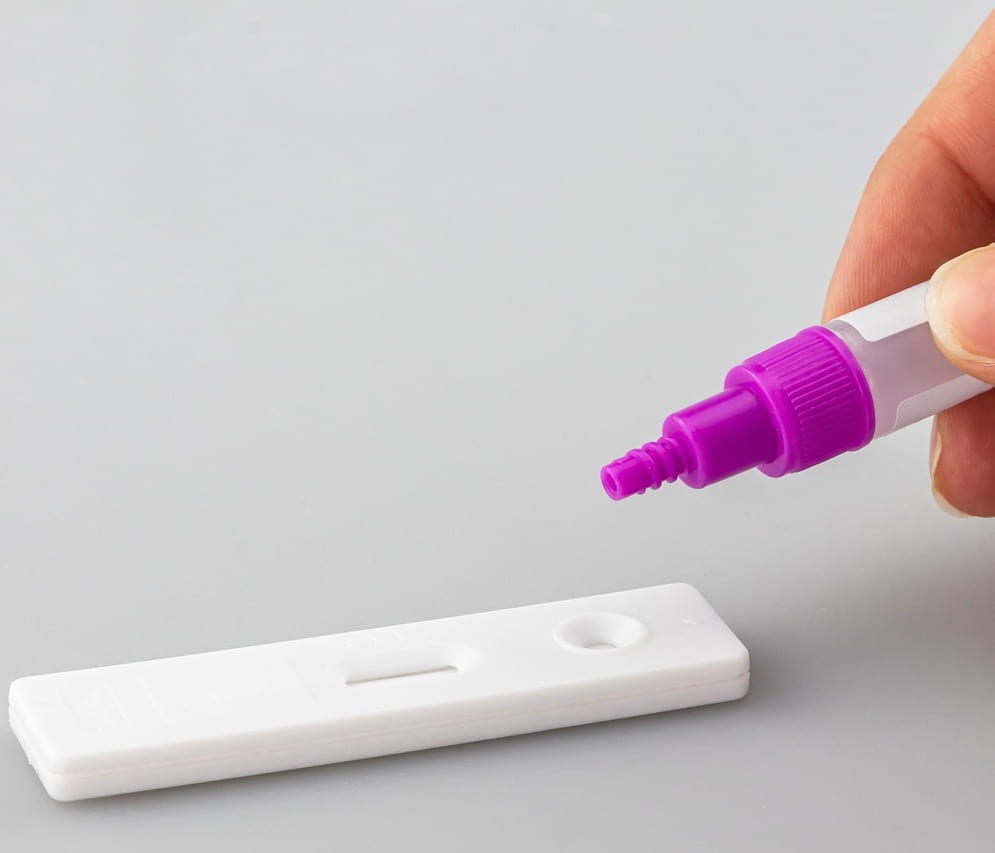
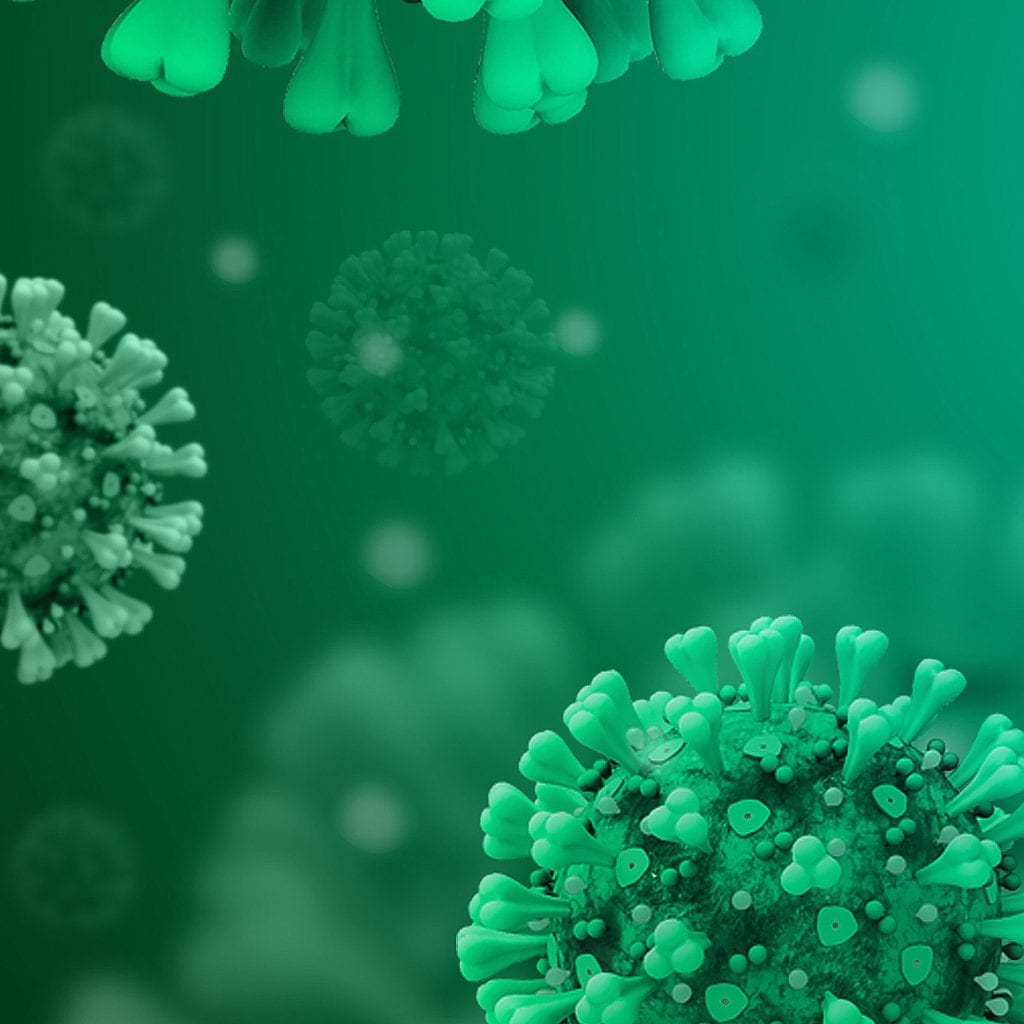

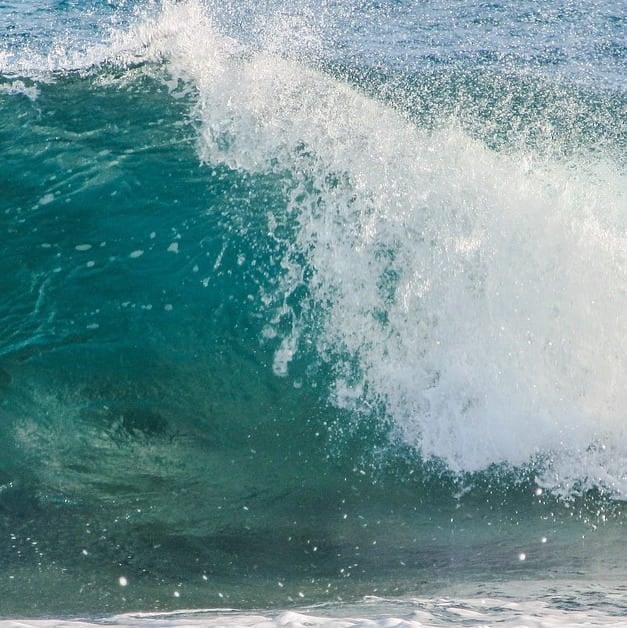
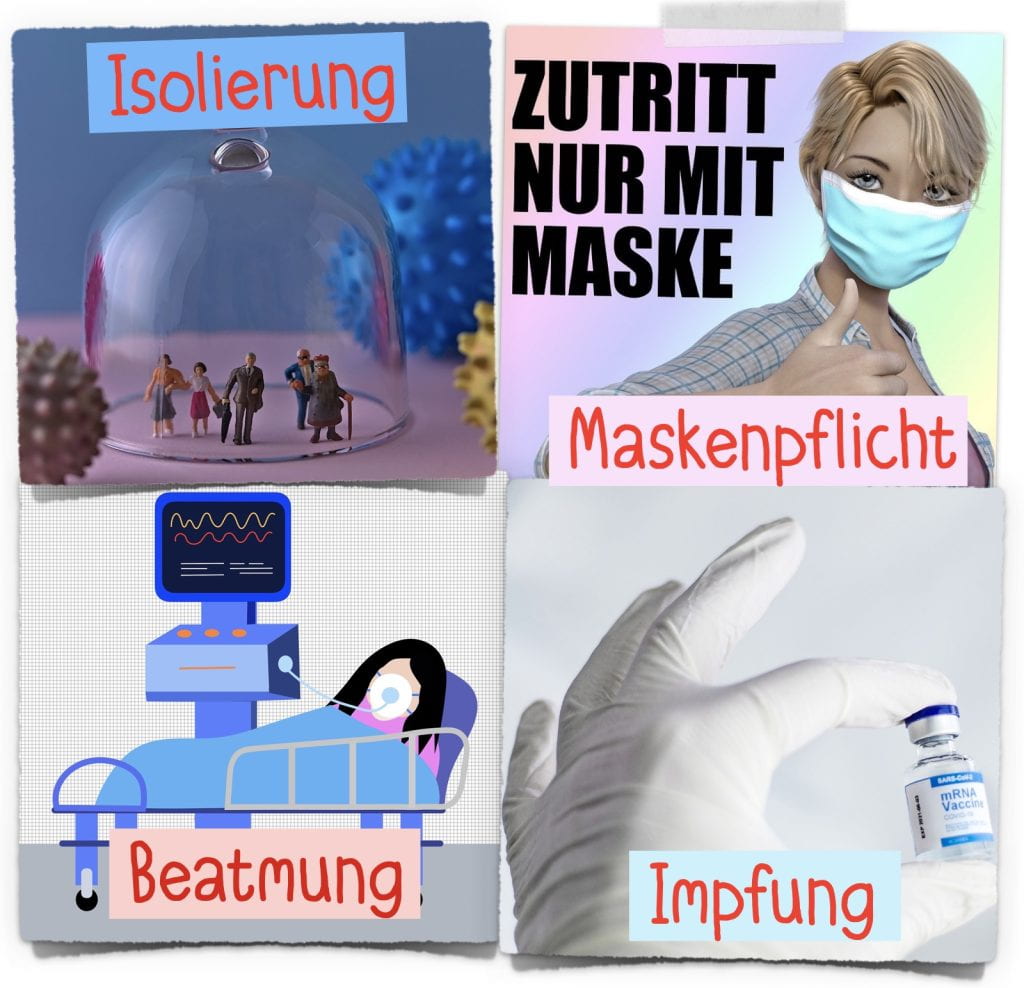

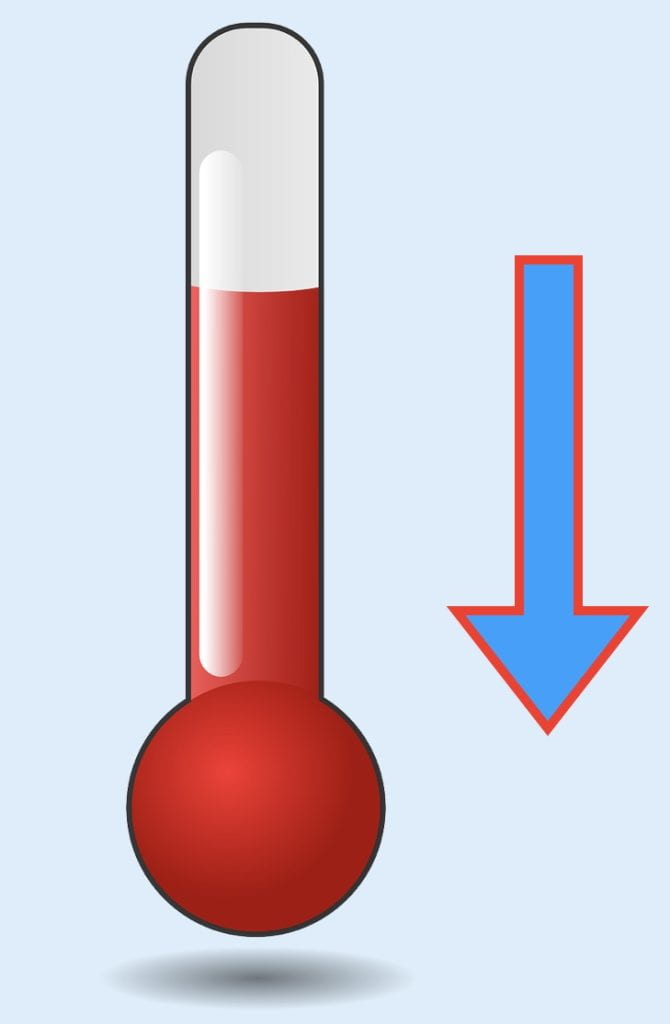
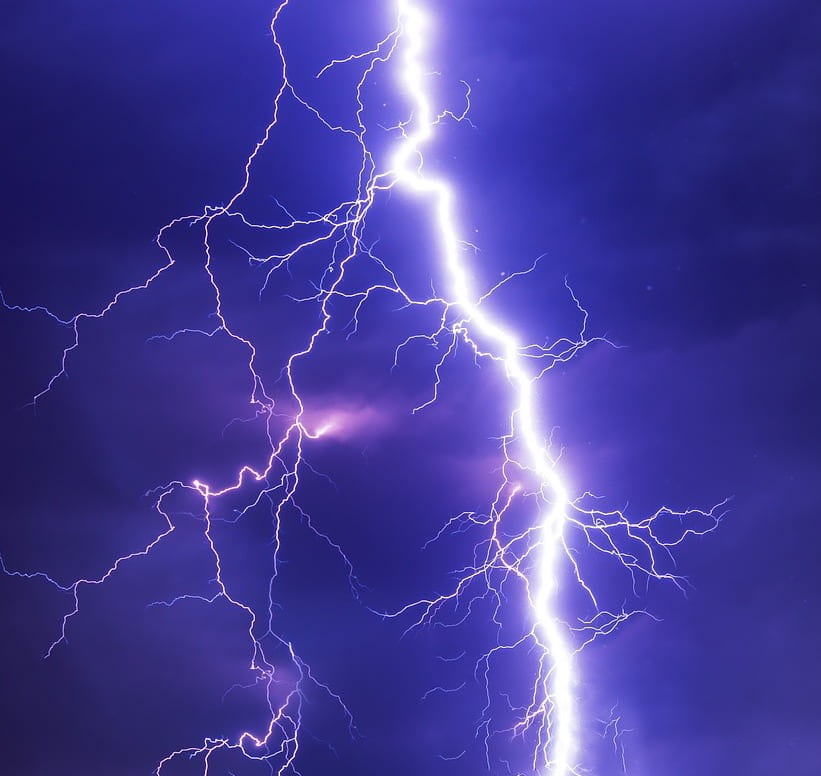
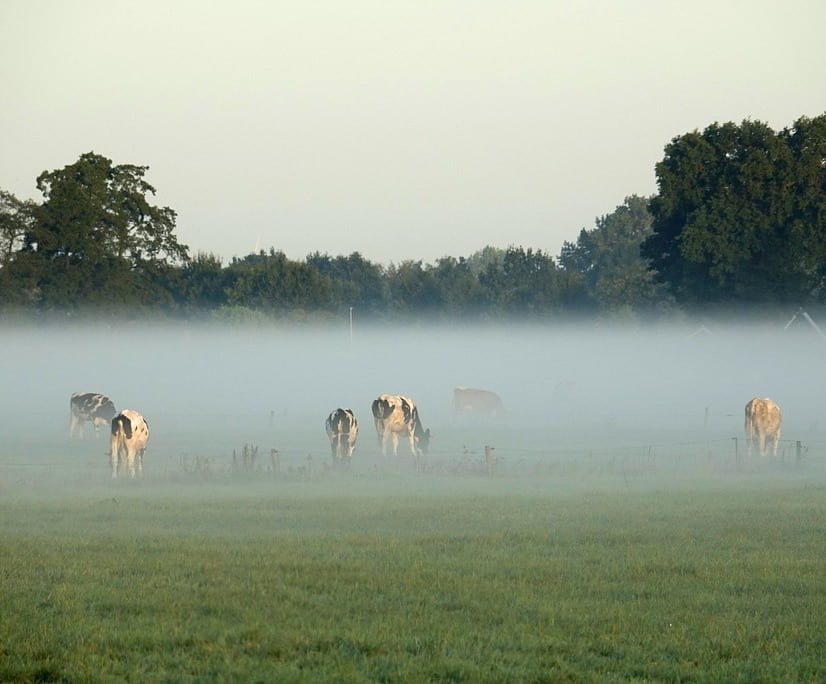
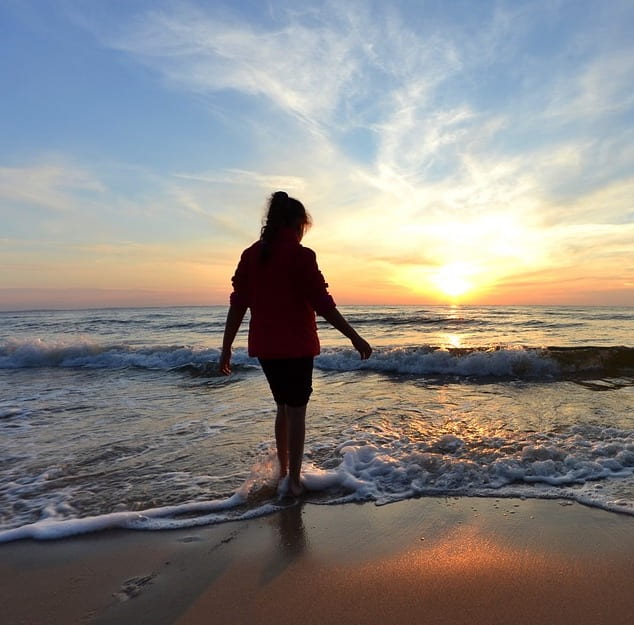
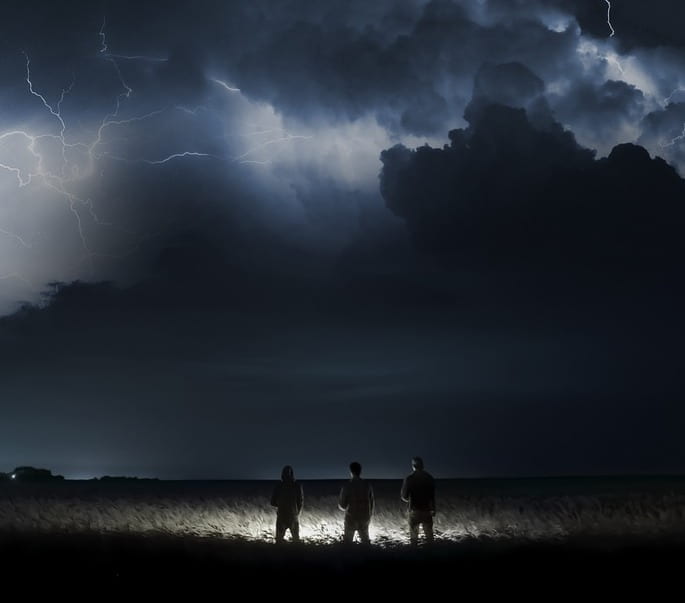
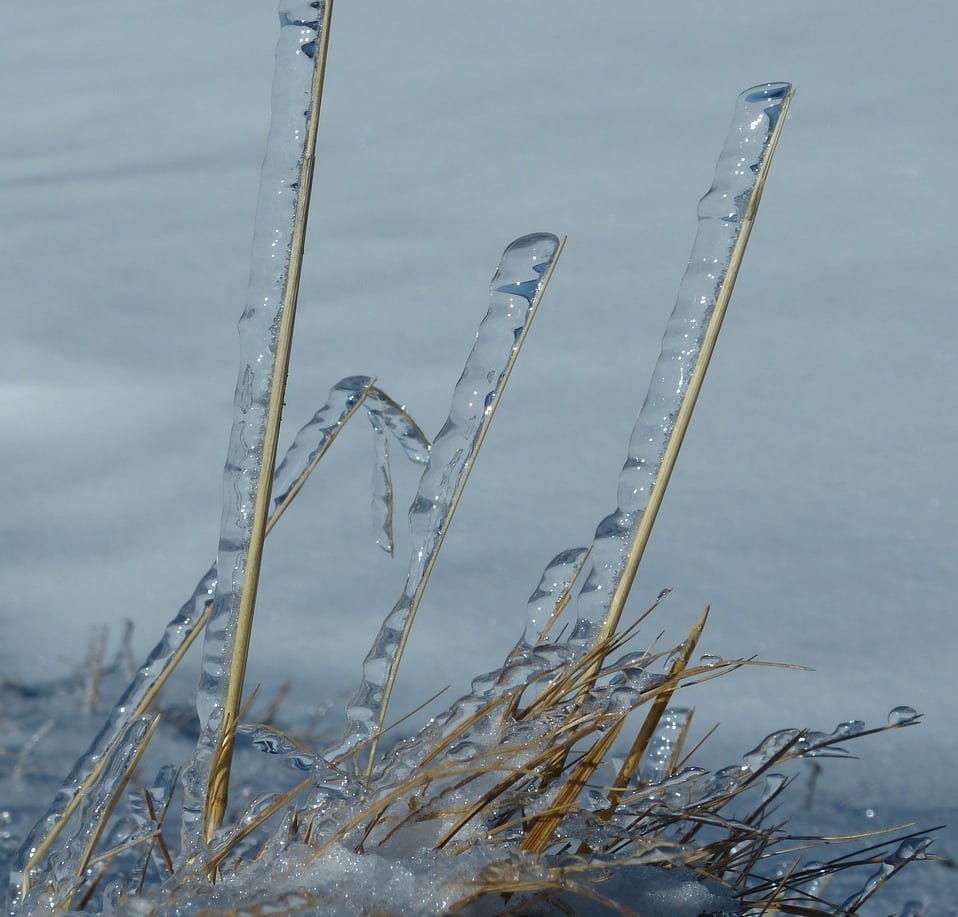
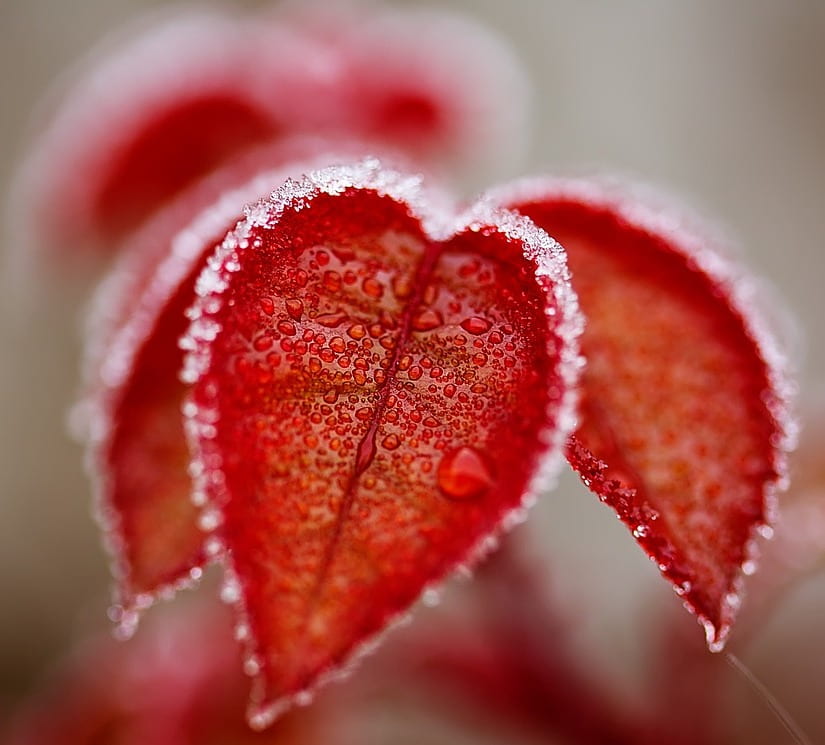
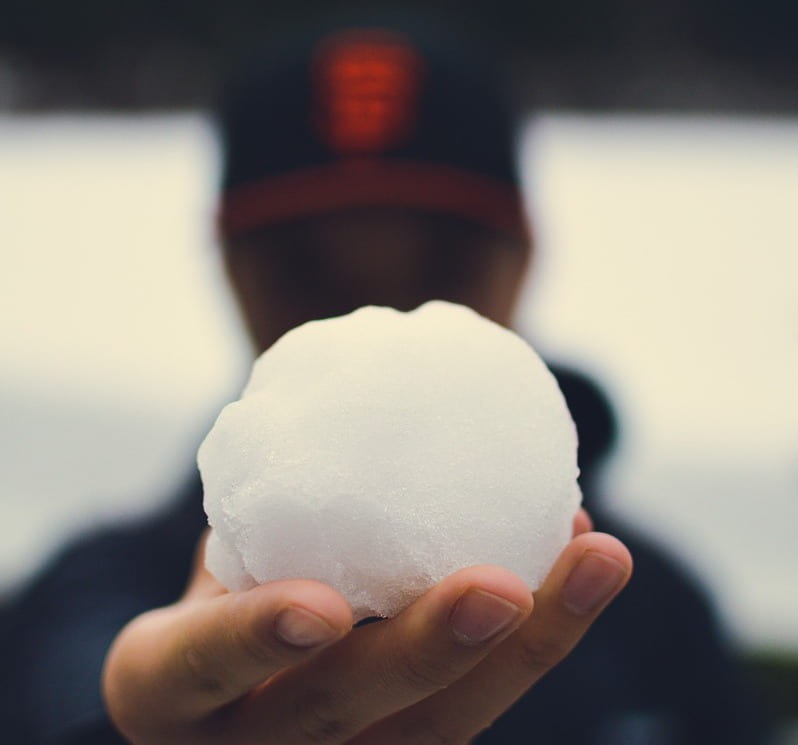
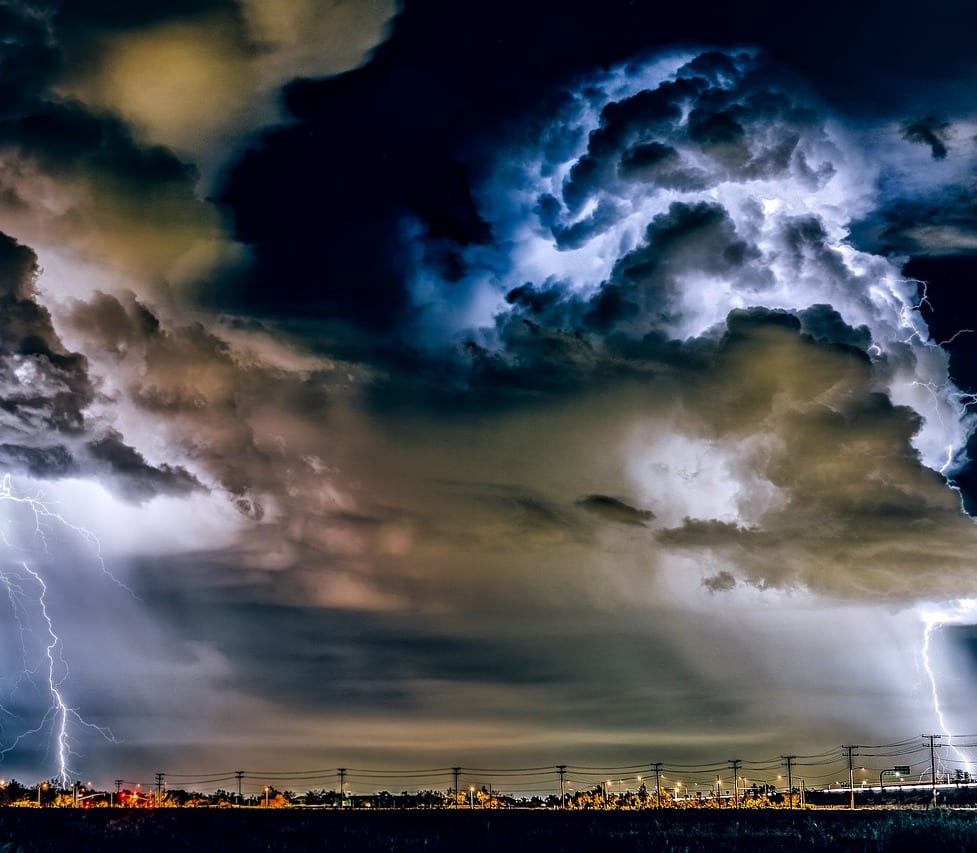
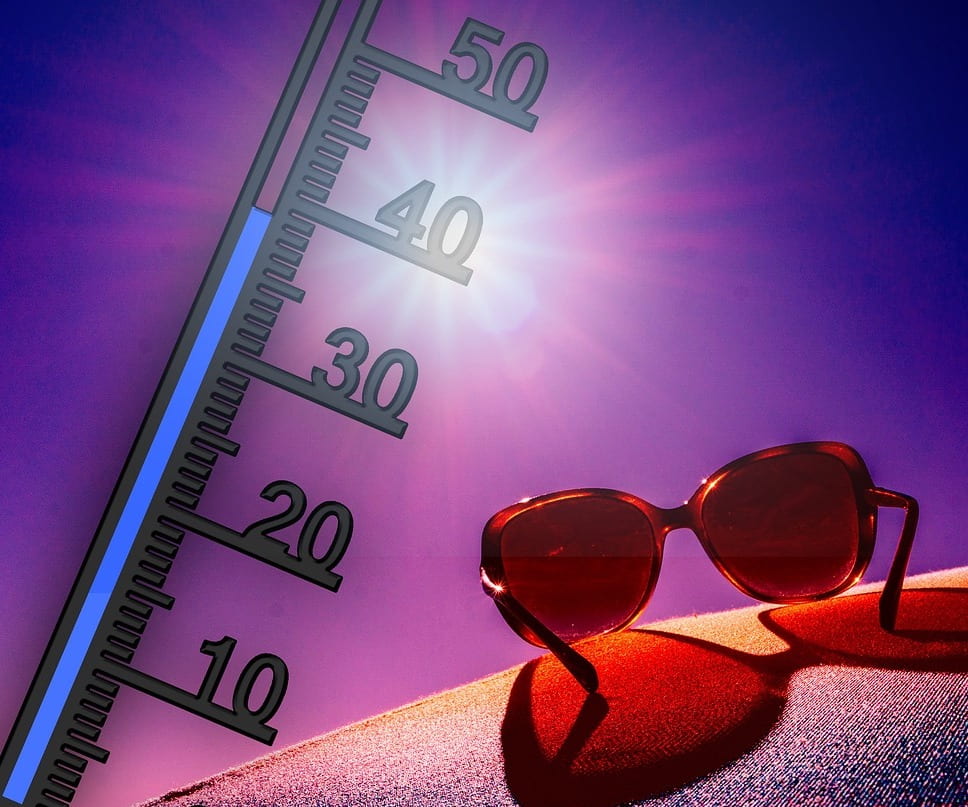
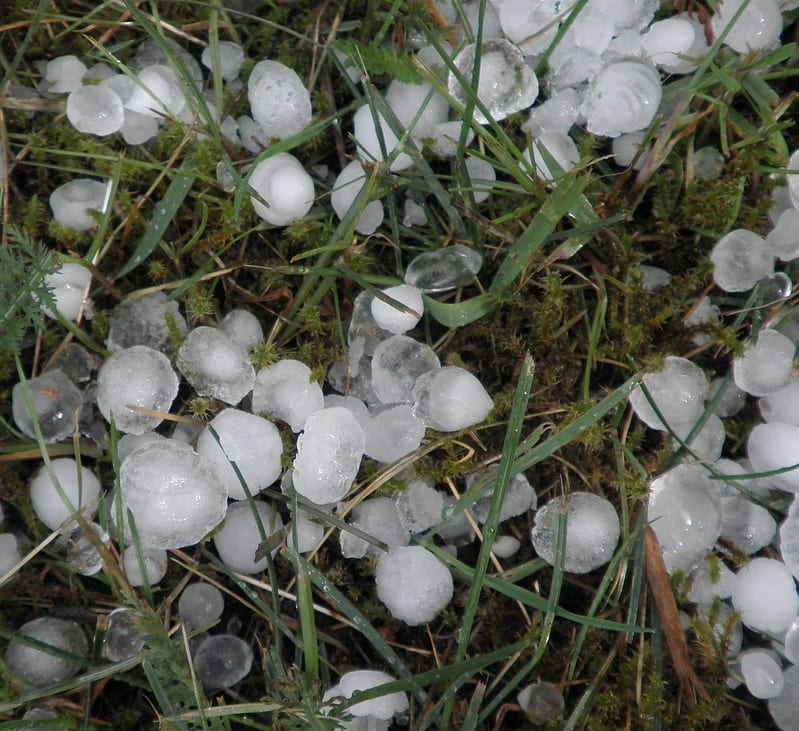
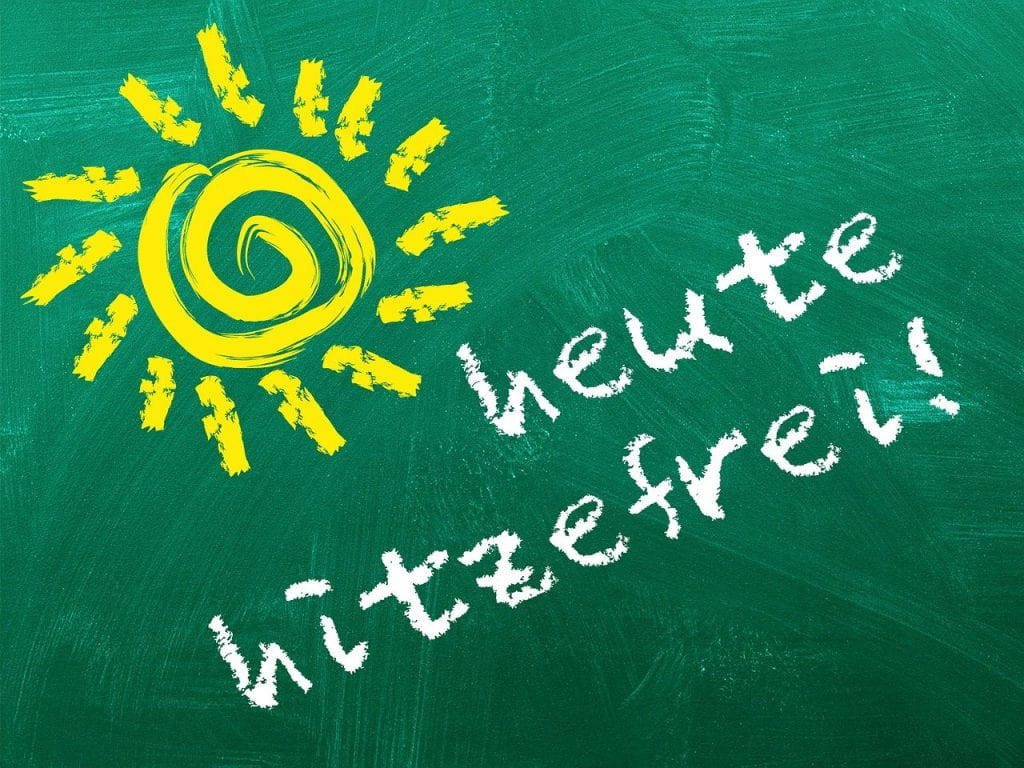
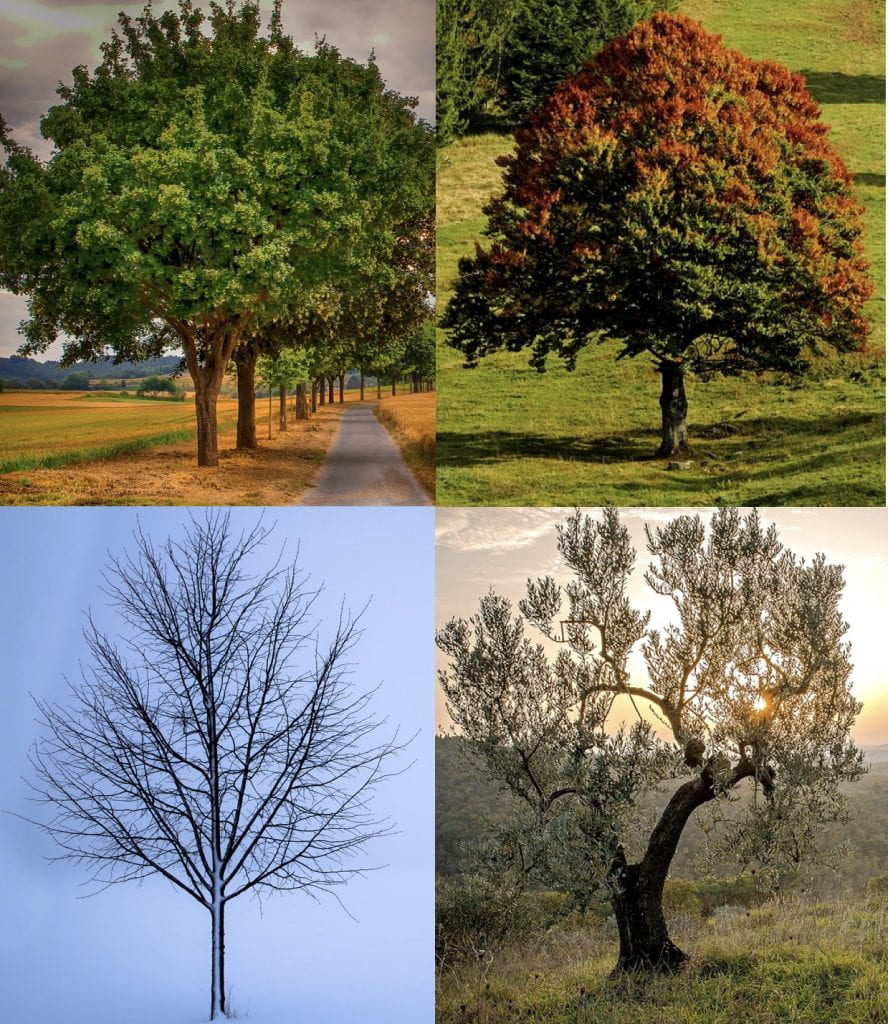
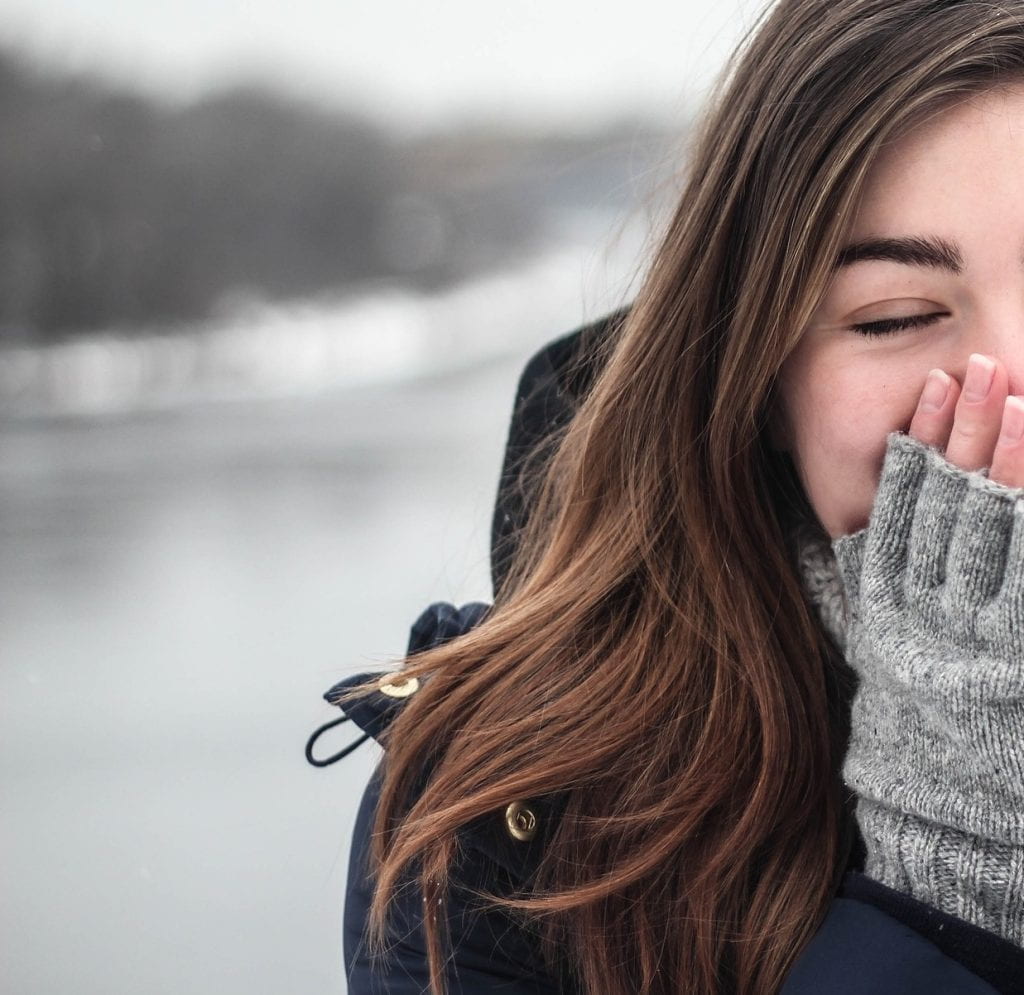
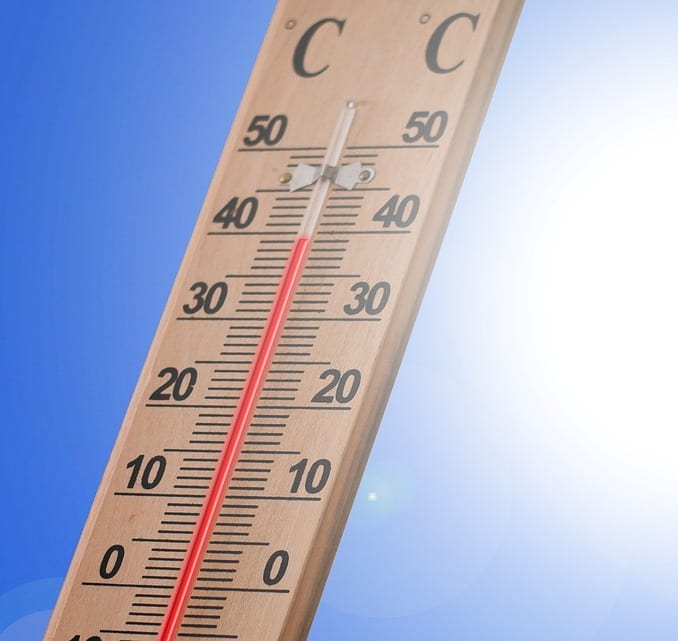
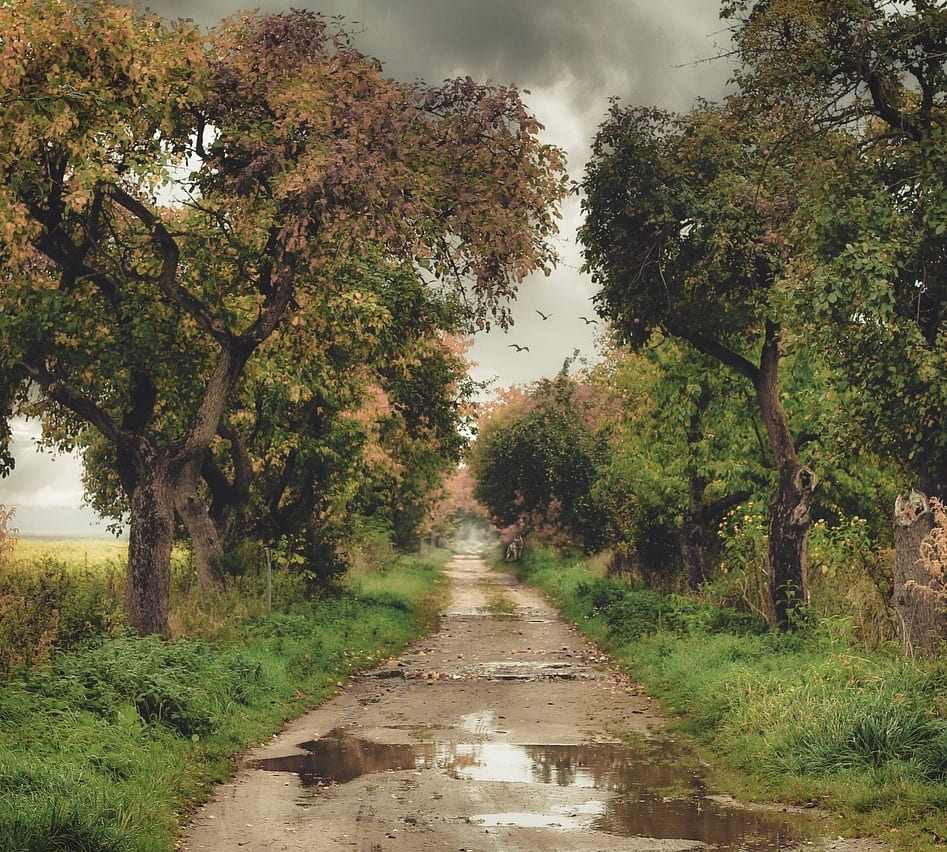
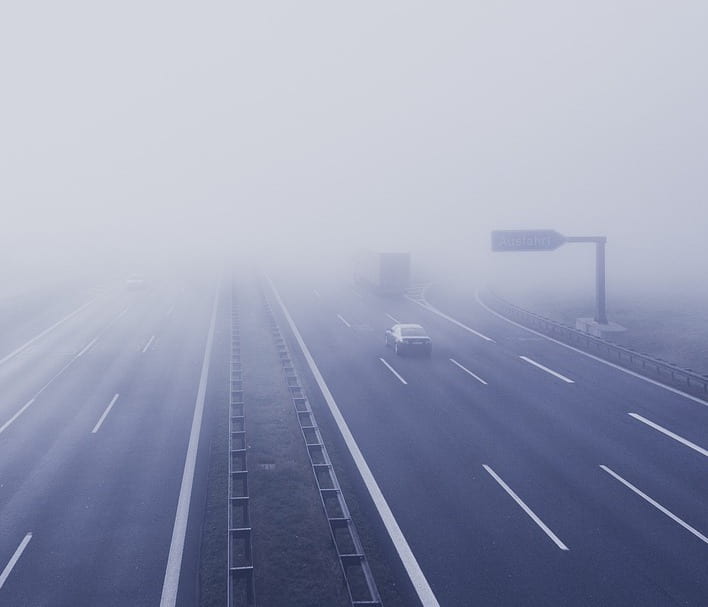
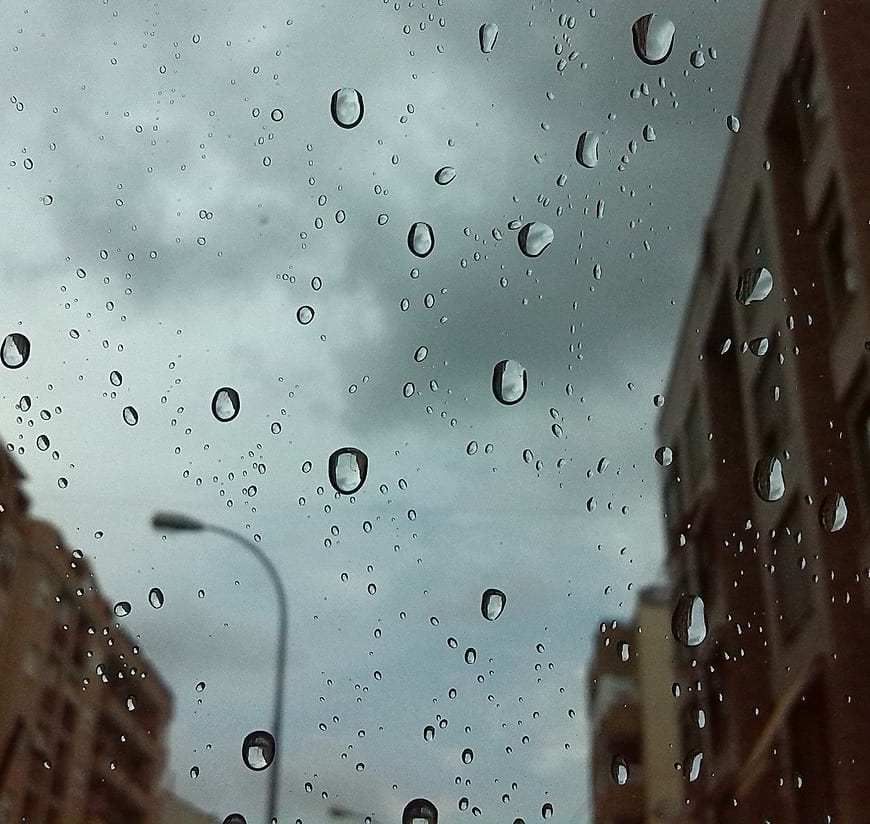
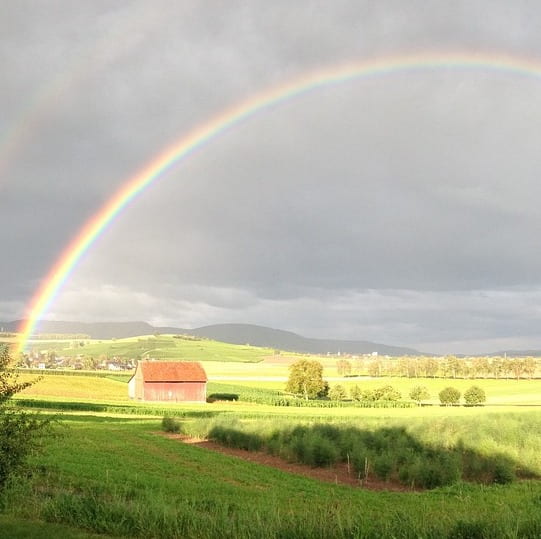
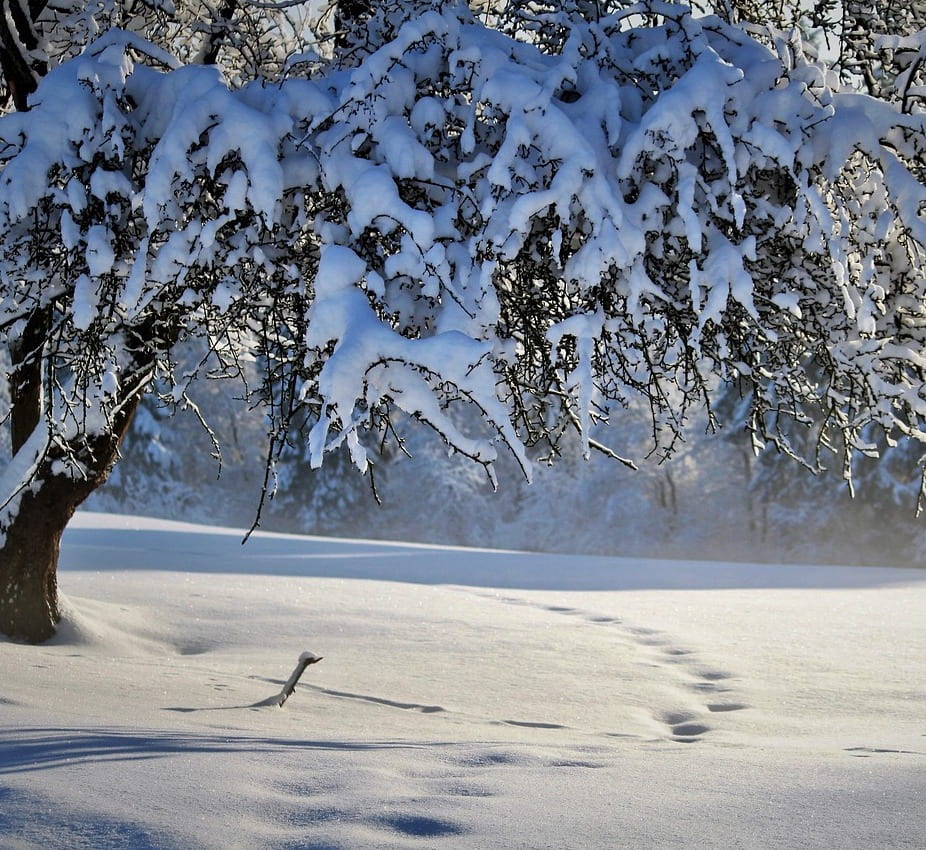
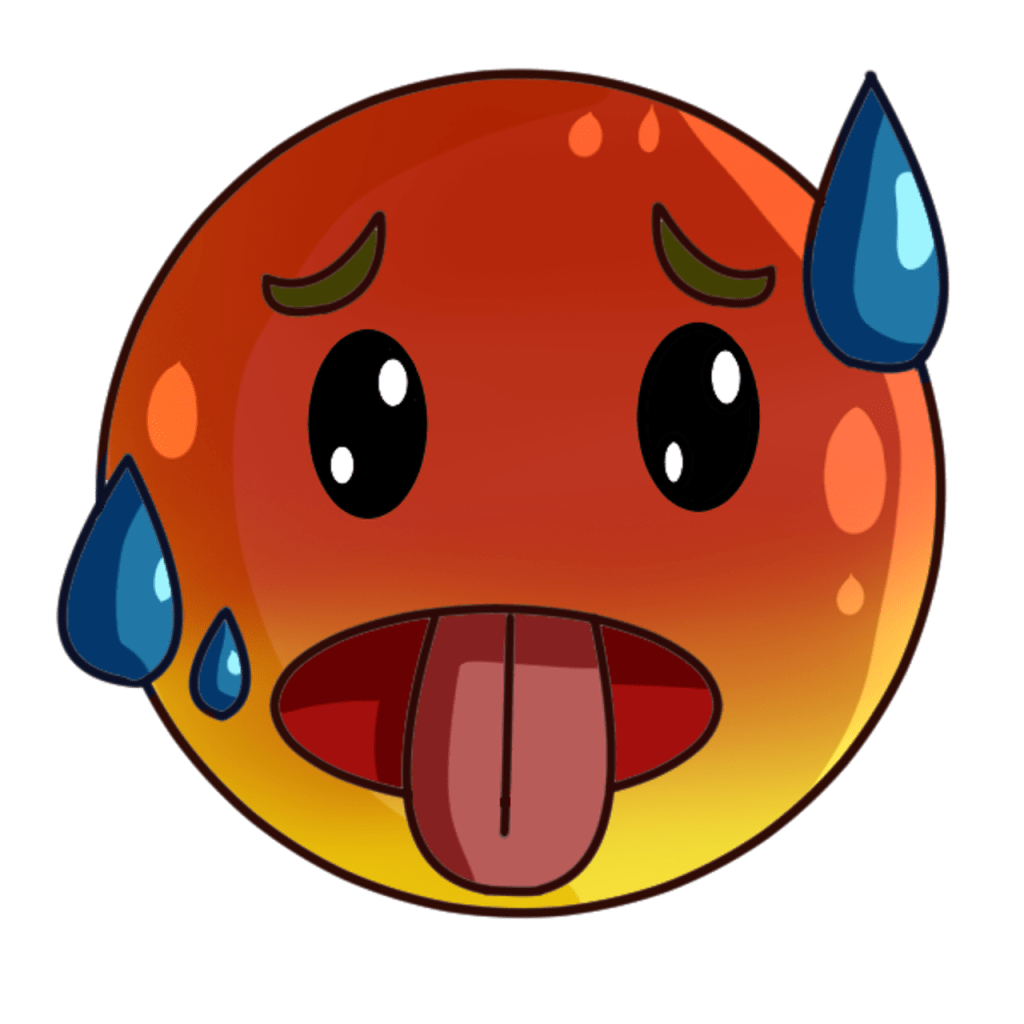

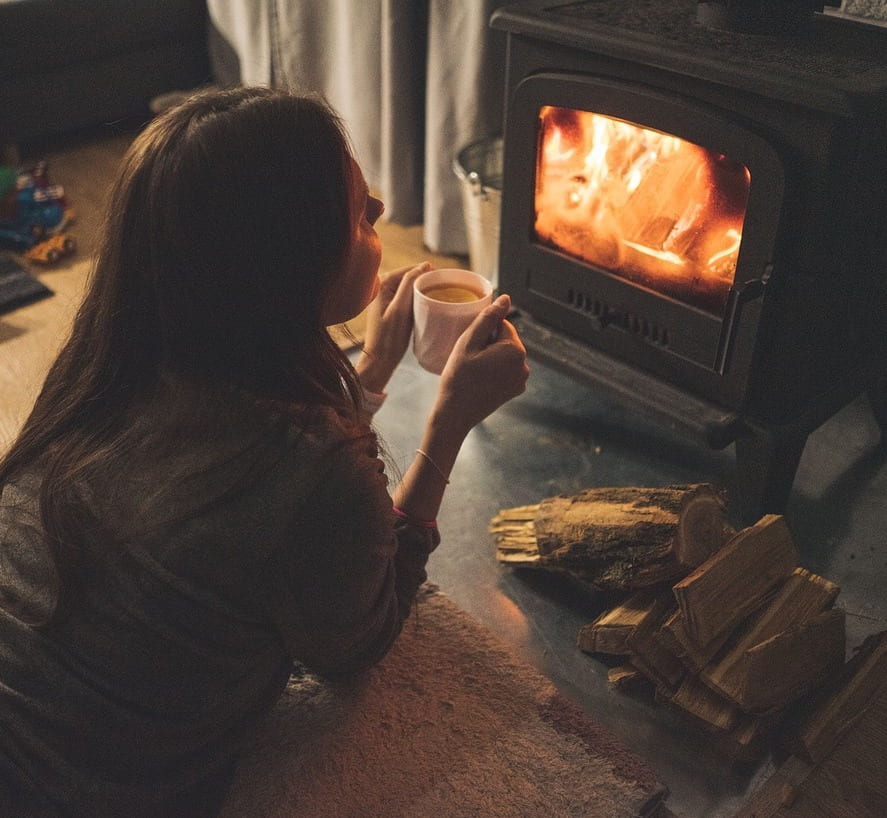

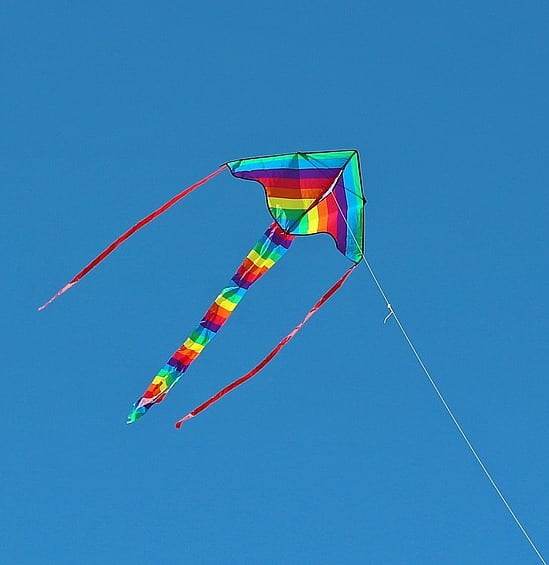
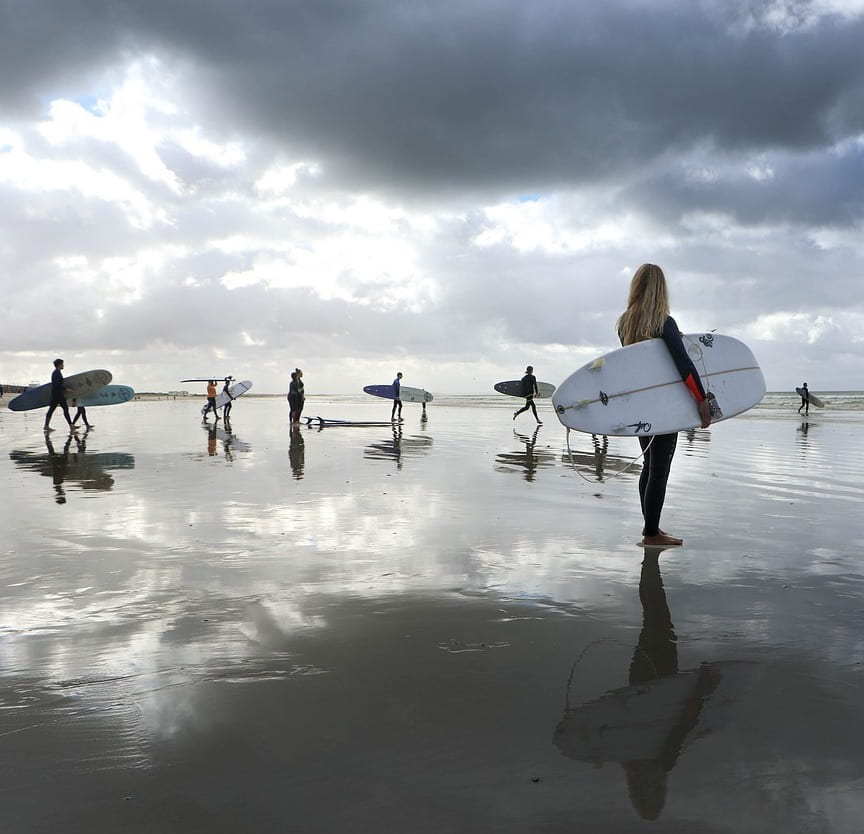
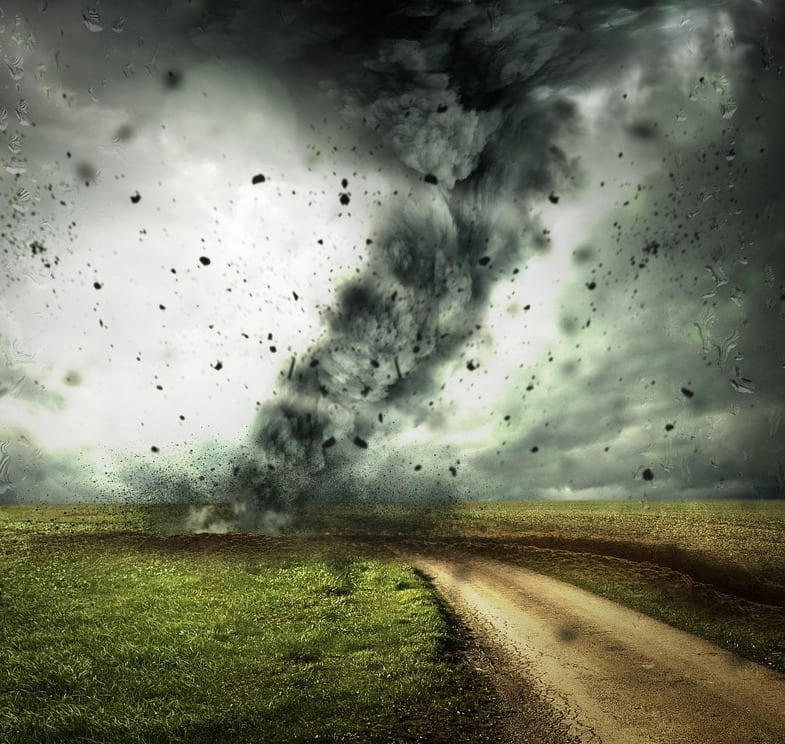
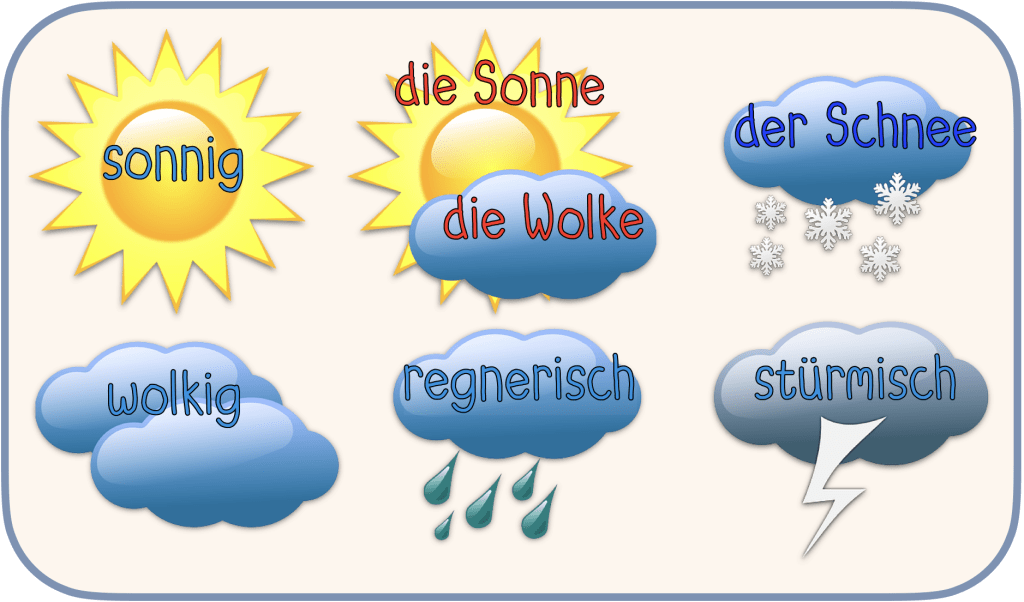
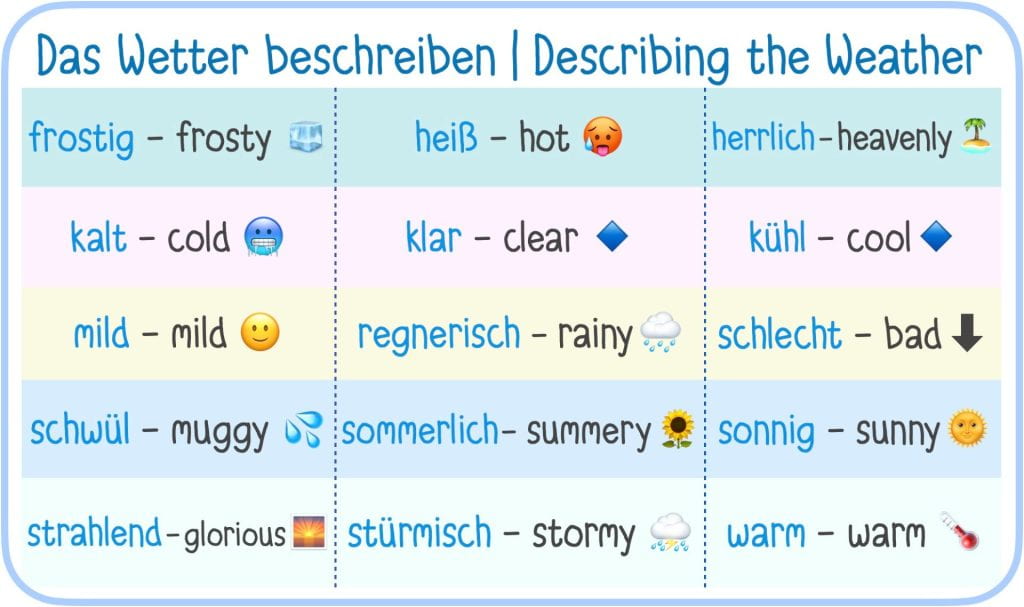
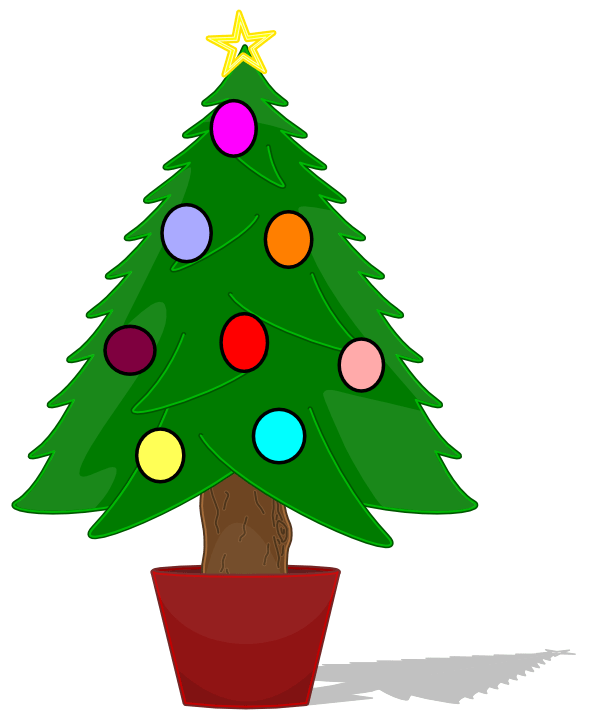
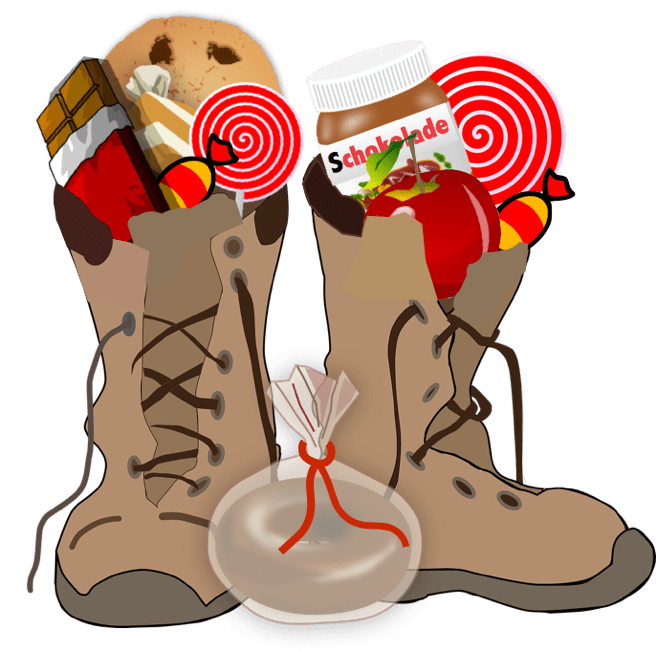
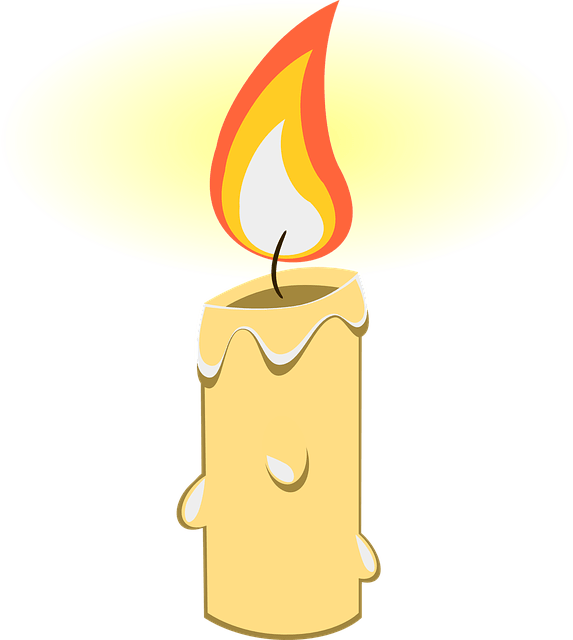
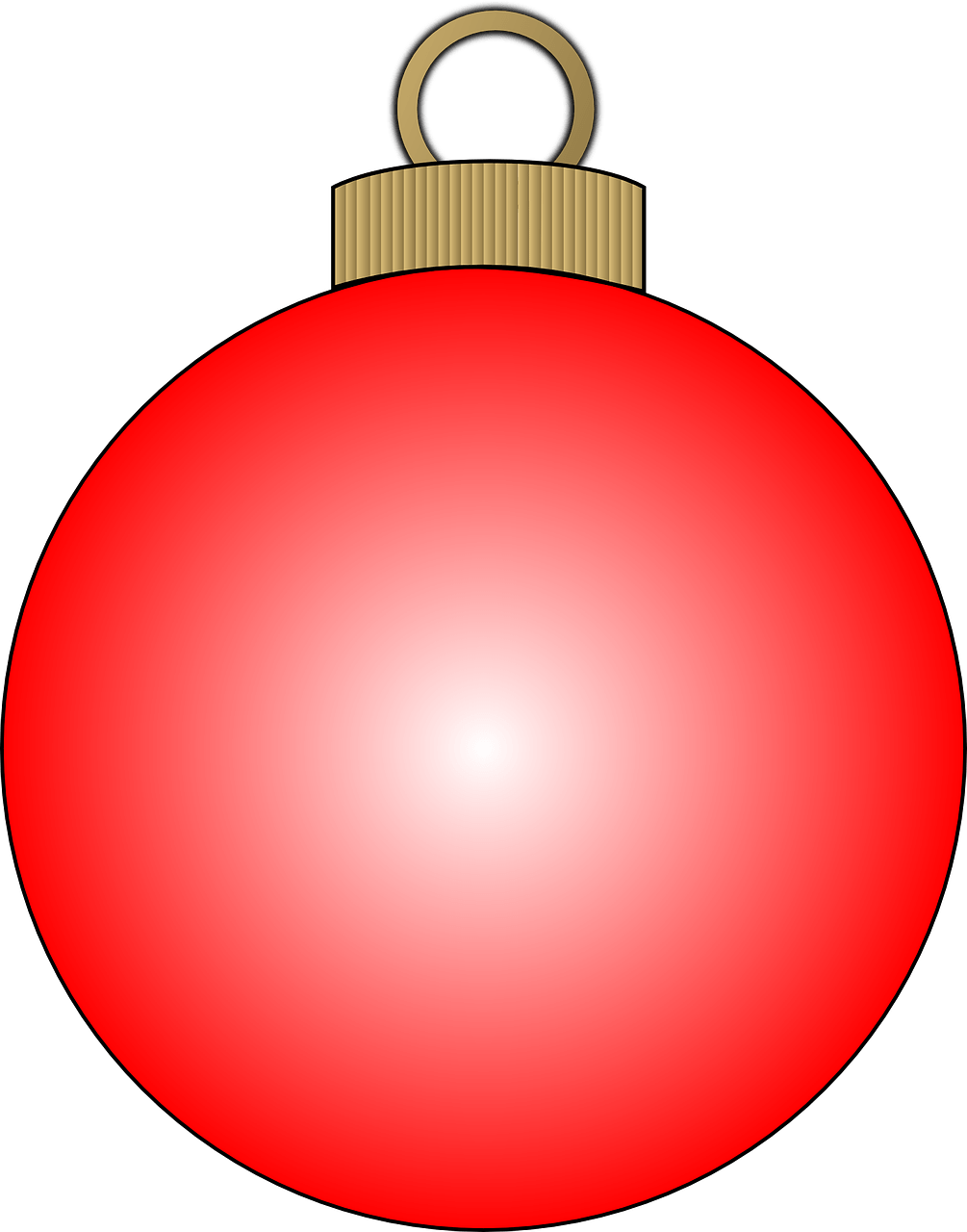
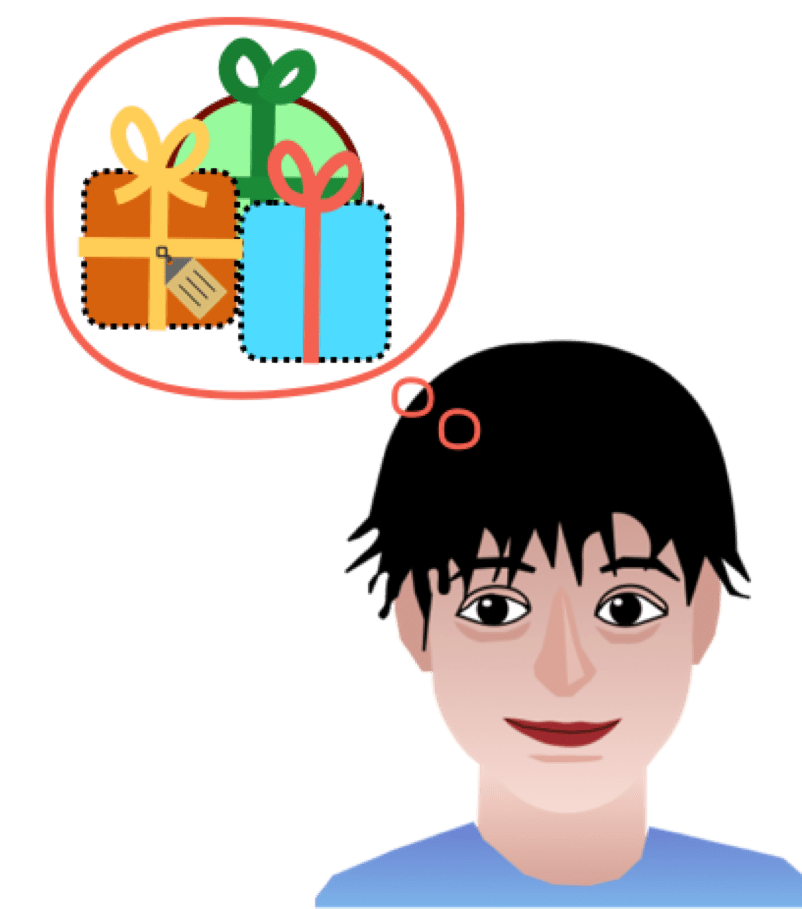
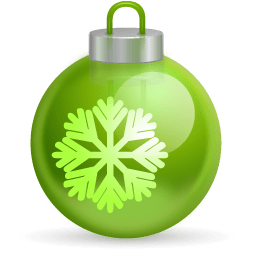
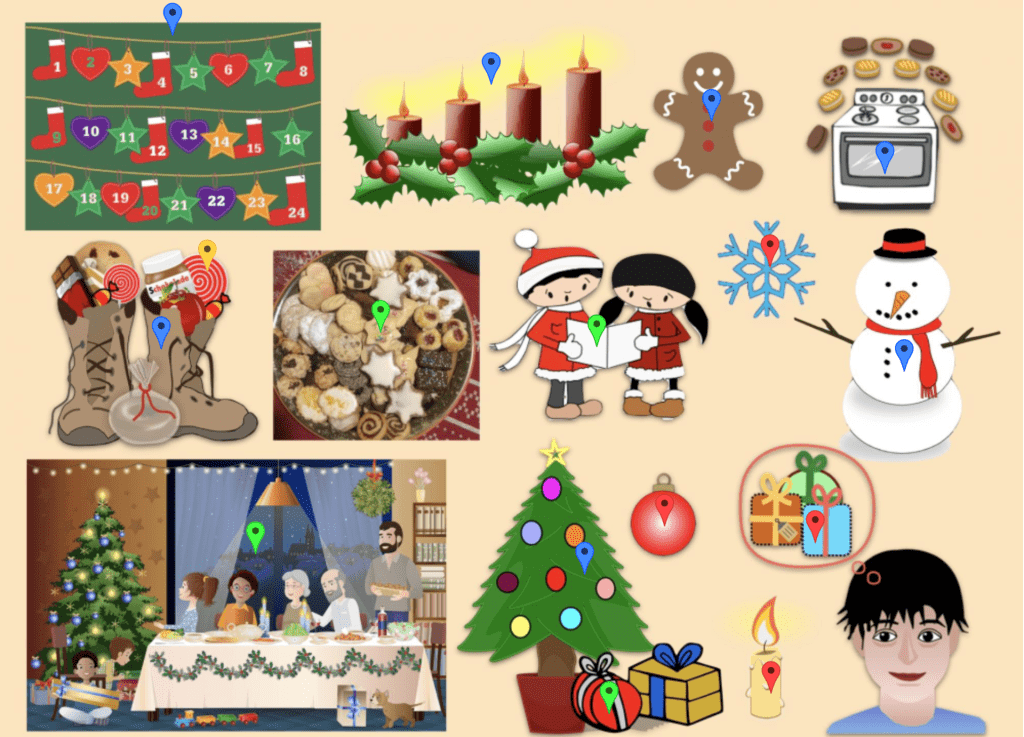
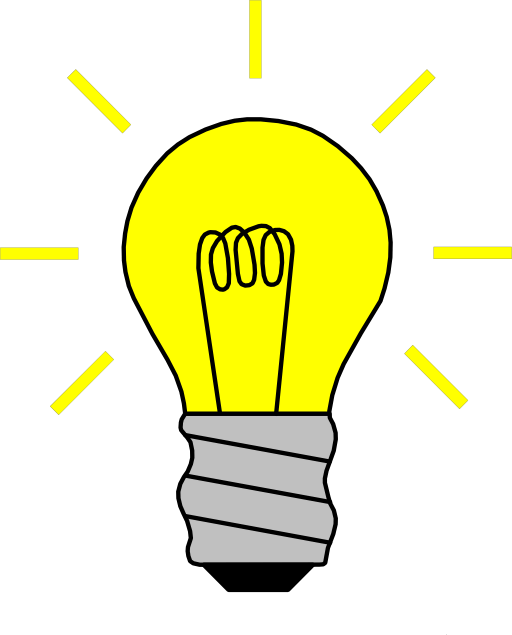 .
.